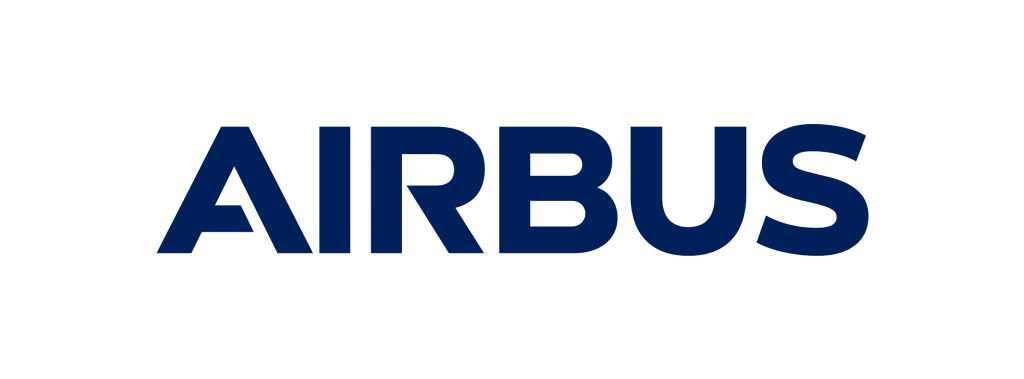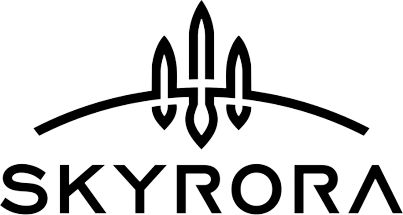NSSC 2024
Conference Programme
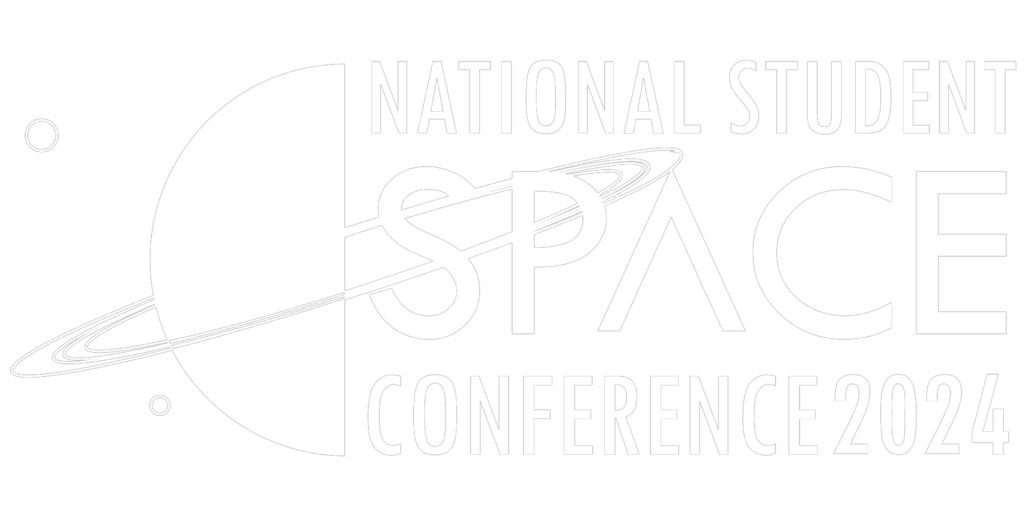
Important information
Programme
Our programme gives you an overview of the conference talks and exhibitors. Check below the timetable, confirmed talks, panels and workshops.
Ticket includes entry and catering (lunch, drinks reception, and two coffee breaks per day)
Registration
Upon arrival at the venue, get your tickets ready to be scanned and get your badge and conference programme.
If you’re late, it’s not a problem, but you must register at reception before attending any talks.
Times
Saturday start time: 8 am
Saturday end time: 7 pm
Saturday social event: 7 pm – 10 pm
Sunday start time: 9:30 am
Sunday end time: 6:00 pm
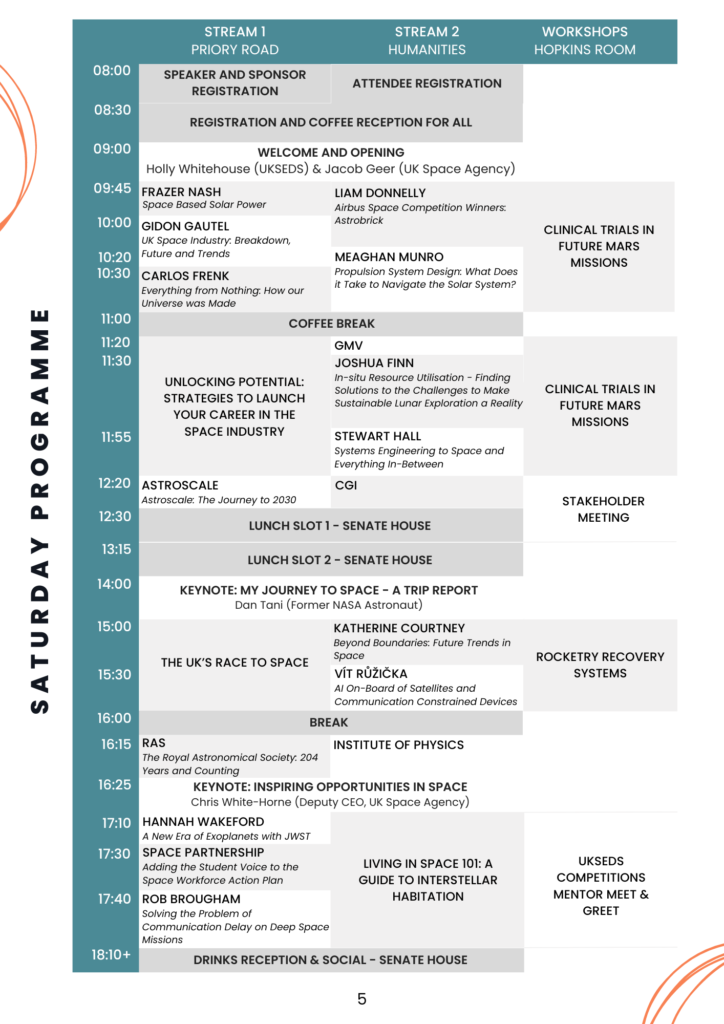
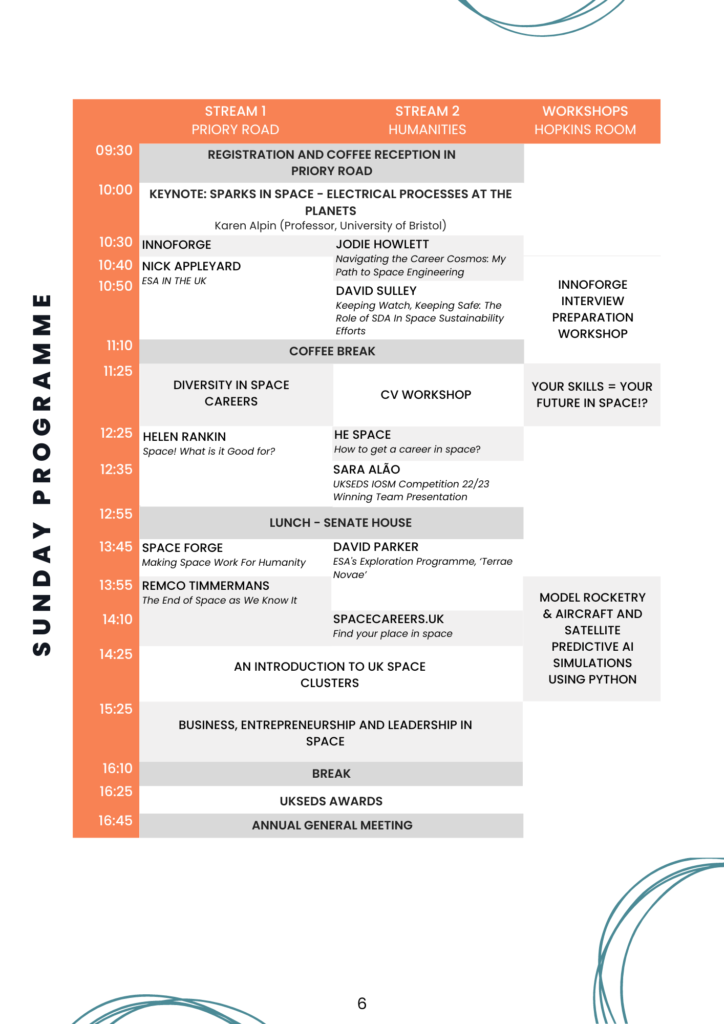
Keynotes
UK Space Agency
Jacob Geer
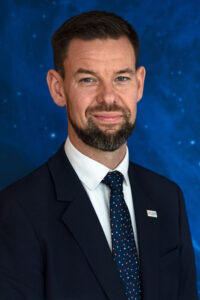
Jake has been part of the UK Space Agency since 2016, having joined from the Ministry of Defence. In his current role as Chief of Staff Jake works closely with the Chief Executive to deliver new strategic projects and advise on key decisions. Jake also works with teams across the Agency to streamline processes and promote collaboration between teams of experts. Jake has previously held UK Space Agency leadership roles as Head of Space Surveillance and Tracking and National Spaceflight Policy. In these roles he led mixed teams of technical, project management and policy staff to track satellites or space debris and establish the UK’s first operational spaceports. Jake is still an active champion of the issue of space sustainability and works closely with international colleagues to raise awareness through initiatives like the G7 statement on space debris and the 2022 London Space Sustainability Summit. Jake’s career before the UK Space Agency saw him taking several roles in MOD and the Defence Science & Technology Laboratory. His work has included advising the MOD Operations Directorate on scientific issues during operations in Syria, Iraq, Libya and the Ebola crisis in Sierra Leone. He has worked in a similar role at the Permanent Joint Headquarters (PJHQ), providing analytical and scientific advice on operations in Afghanistan and Iraq. Jake has completed three tours of Afghanistan as a scientific advisor or analyst in 2010, 2011 and 2012. He joined the civil service in 2009, following a career in market research and gaining a degree in Social Psychology from the University of Sussex.
The UK Government published its first ever National Space Strategy in September 2021, setting out the current strengths of the UK space landscape and its ambitious vision for the future. This talk will summarise that vision, some of its challenges, and how you can get involved.
Self (NASA)
Dan Tani
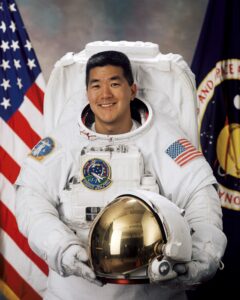
Daniel (Dan) Tani is a former NASA astronaut. He has flown on 2 spaceflights totaling 132 days in space, including a 4-month stay on the International Space Station (ISS). During his missions, he performed 6 EVAs (spacewalks) and contributed to the assembly of the ISS by controlling the Space Station Robotic Arm. Dan speaks about his journey becoming an astronaut and relates his experiences and thoughts about flying and living in Low Earth Orbit. Still involved in human spaceflight, Dan talks about the future of space exploration and how everyone can get involved in this exciting endeavor.
How do you become an astronaut? What’s it like to launch and live in space? How can I participate in the space program? Dan will talk about his journey and use his experiences to touch on all of these questions!
University of Bristol
Professor Karen Aplin
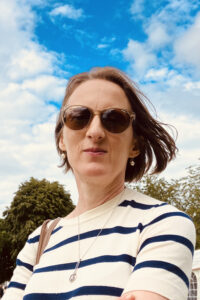
Most of us have felt awe and wonder when experiencing – preferably, from a safe distance – the majesty of a thunderstorm. Since 1979 spectacular lightning displays have been observed across the Solar System. However, there is more to atmospheric electricity than just lightning: its quieter and less well-known sibling exists in every planetary atmosphere as a continual flow of ions and electrons and, with lightning, can form a global-scale electrical circuit. This talk will provide the unifying background, context and relevance of the study of atmospheric electricity, and describe past, present, and future observations.
UK Space Agency
Chris White-Horne
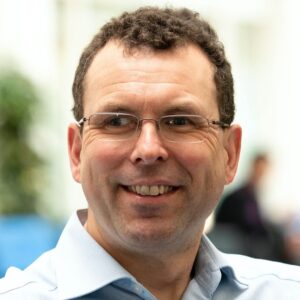
As a jobshare partnership Annelies and Chris are the Deputy CEO and Chief Delivery Officer for UK Space Agency. Jointly they lead the delivery of the agency’s portfolio of programmes, missions and capabilities, the agency’s transformation programme and provide professional leadership to the offices of the chief engineer, regulation and programme management.
Prior to joining the UK Space Agency Chris was the Senior Responsible Owner (jobshare with Annelies) for the Rail Transformation Programme in the Department for Transport, building the programme to deliver a simpler and better railway for Britain. Previously Chris had a 25-year career in defence and aviation, was Programme Director and Chief Engineer in the international programme office for the Typhoon aircraft in Munich and a diplomat in Washington DC. Chris lives in Gloucestershire on a smallholding. He is a trombone teacher, trustee of a youth music charity, runs a swing band and is Non-Executive Director of a multi-academy school trust.
Speaker talks
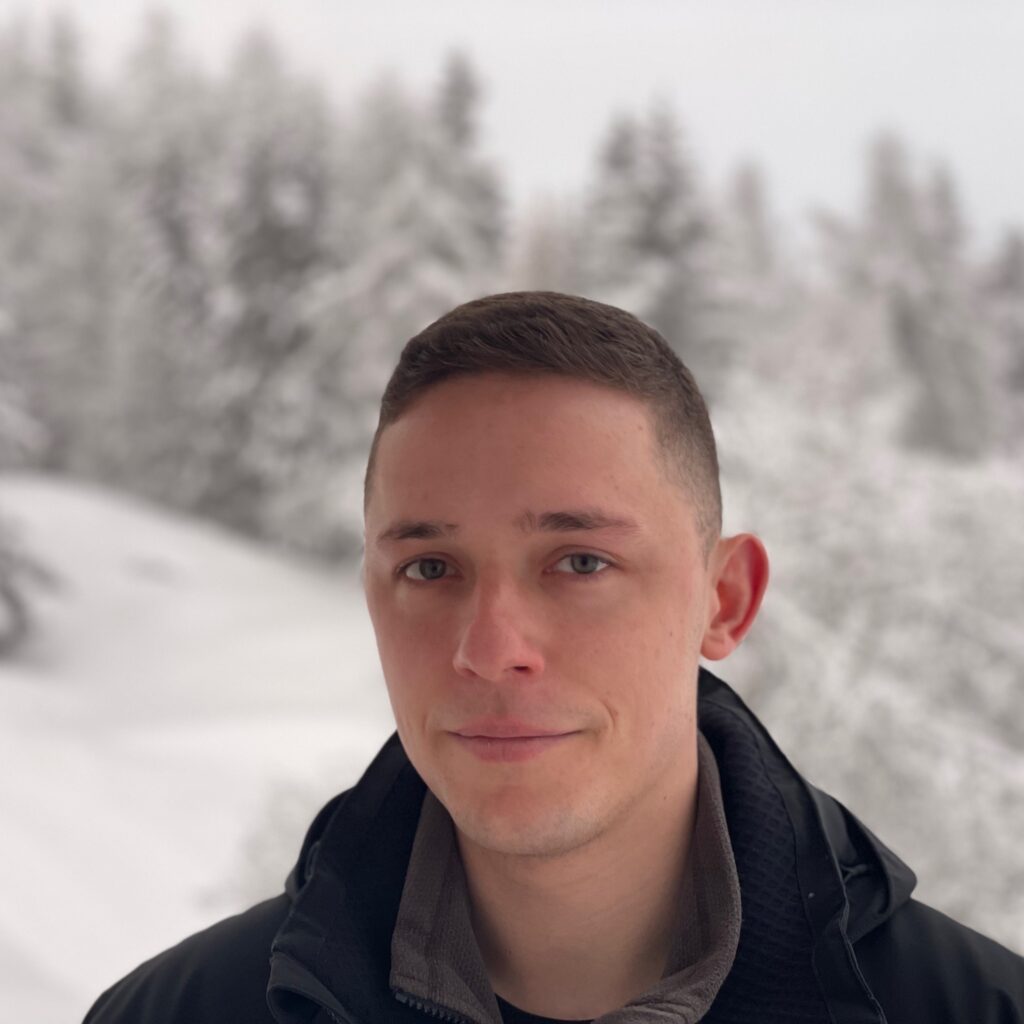
Gidon Gautel
BryceTech
Gidon is a Project Manager at BryceTech, an analytic consulting firm serving government and commercial clients. Bryce’s expertise includes analysis of the space industry, finance and market analytics, technology readiness, cybersecurity, policy and economics, and strategy. Gidon is a member of the Royal Auxiliary Air Force, focusing on Air and Space Operations, and an Associate of LSE IDEAS, the London School of Economics and Political Science’s foreign policy think tank.
he UK space sector spans a vast array of activity, from satellite manufacturing to downstream services, generating billions in revenue per year. But what does this mean on the ground, and how does the UK space sector fit within the global industry? This talk seeks to give a whistle-stop tour of space activities in the UK, and give attendees an idea of the many pathways open to them in their careers.
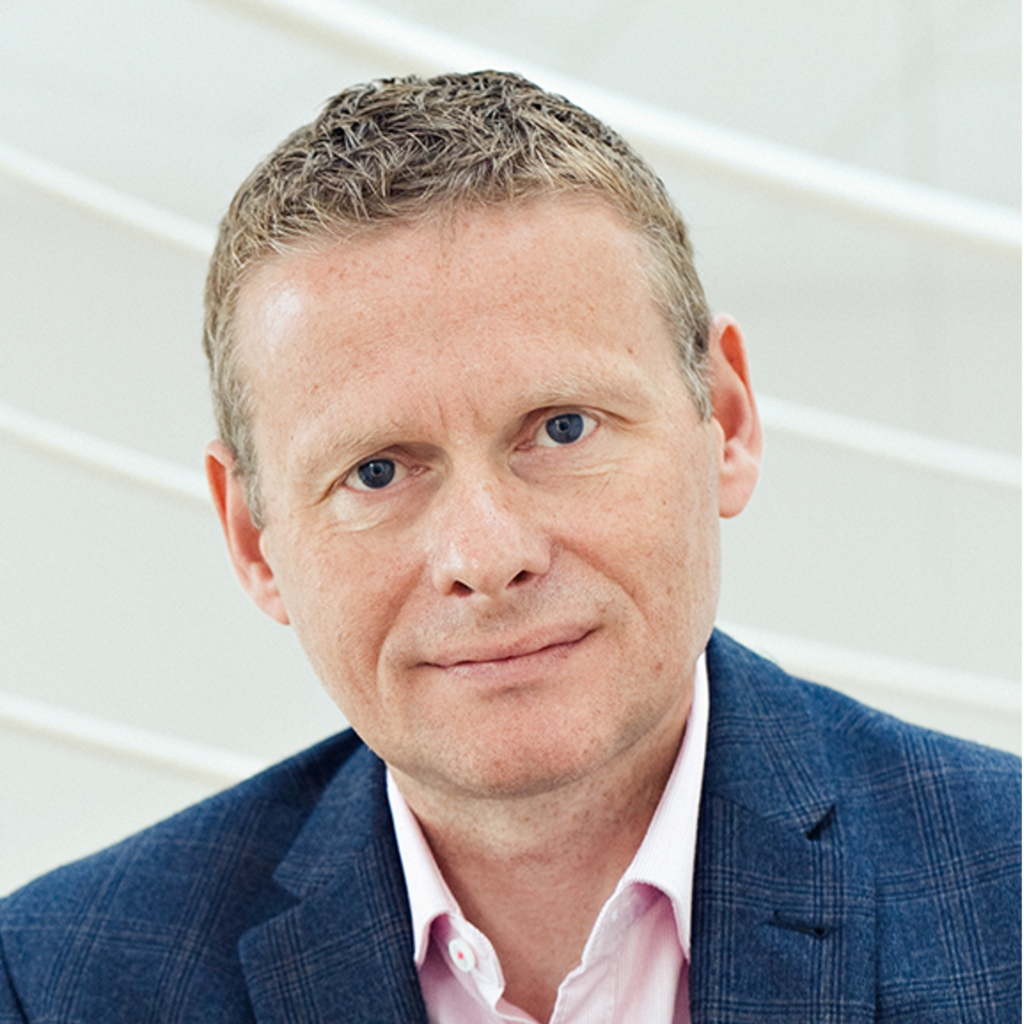
Rob Brougham
Braided Communications Ltd
Rob gained a degree in Astrophysics from Newcastle University and later worked in telecommunications where he held senior commercial and technical roles in the UK, Europe and Asia. A move into digital health followed, as it first emerged a decade or so ago, where he has worked for companies using technology to deliver both physical and mental health care services. He then co-founded Braided Communications, which invented a new method of communication to solve the problem of communication delay on future deep space missions. The same invention now also creates inclusive meeting solutions on Earth too.
Beyond Low Earth Orbit Earth-to-Ship communication is affected by time delay, caused by the great distance and the finite speed of light/radio waves. It is unavoidable in all future deep space missions. For future missions to Mars the delay will be measured in minutes, not seconds.
This delay is expected to have significant consequences. It will affect operational effectiveness. It will also affect crew communication with their loved ones, amplifying the isolation of deep space and potentially causing psychological harm.
We need a solution. But how do you solve a problem caused by basic laws of physics?
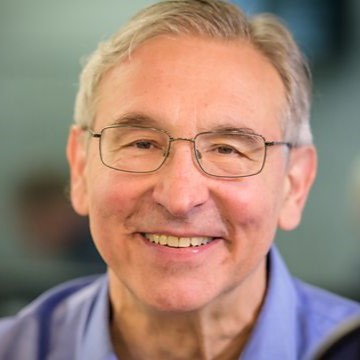
Carlos Frenk
Durham University
Carlos Frenk is Ogden Professor of Fundamental Physics, founder and Director, until 2020, of the Institute for Computational Cosmology at Durham University. He is one of the originators of the “Cold dark matter” theory of the formation of cosmic structures, specializing on supercomputer simulations of the evolution of the universe. He has published over 550 scientific papers and is one of the most frequently cited authors in the space science literature. Carlos was elected Fellow of the Royal Society in 2004 and has received numerous prizes, including the Gold Medal of the Royal Astronomical Society, the Rumford medal of the Royal Society, the Dirac medal of the Institute of Physics, the Max Born medal of the German Physics Society, the Gruber Cosmology prize, the Hoyle medal, etc. He was awarded a CBE in the 2017 Queen’s birthday honours list. He features regularly on radio and TV.
Cosmology addresses some of the most fundamental questions in science. How and when did our universe begin? What is it made of? How did galaxies form? Recent observations have established that our universe contains an unexpected mix of components: ordinary atoms, exotic dark matter and a new form of energy called dark energy. With suitable assumptions about these components, large supercomputer simulations, based on the known laws of physics, can recreate the evolution of the universe in astonishing detail. A coherent picture of cosmic evolution, going back to a tiny fraction of a second after the Big Bang, is beginning to emerge. However, fundamental issues, like the identity of the dark matter and the nature of the dark energy remain unresolved.
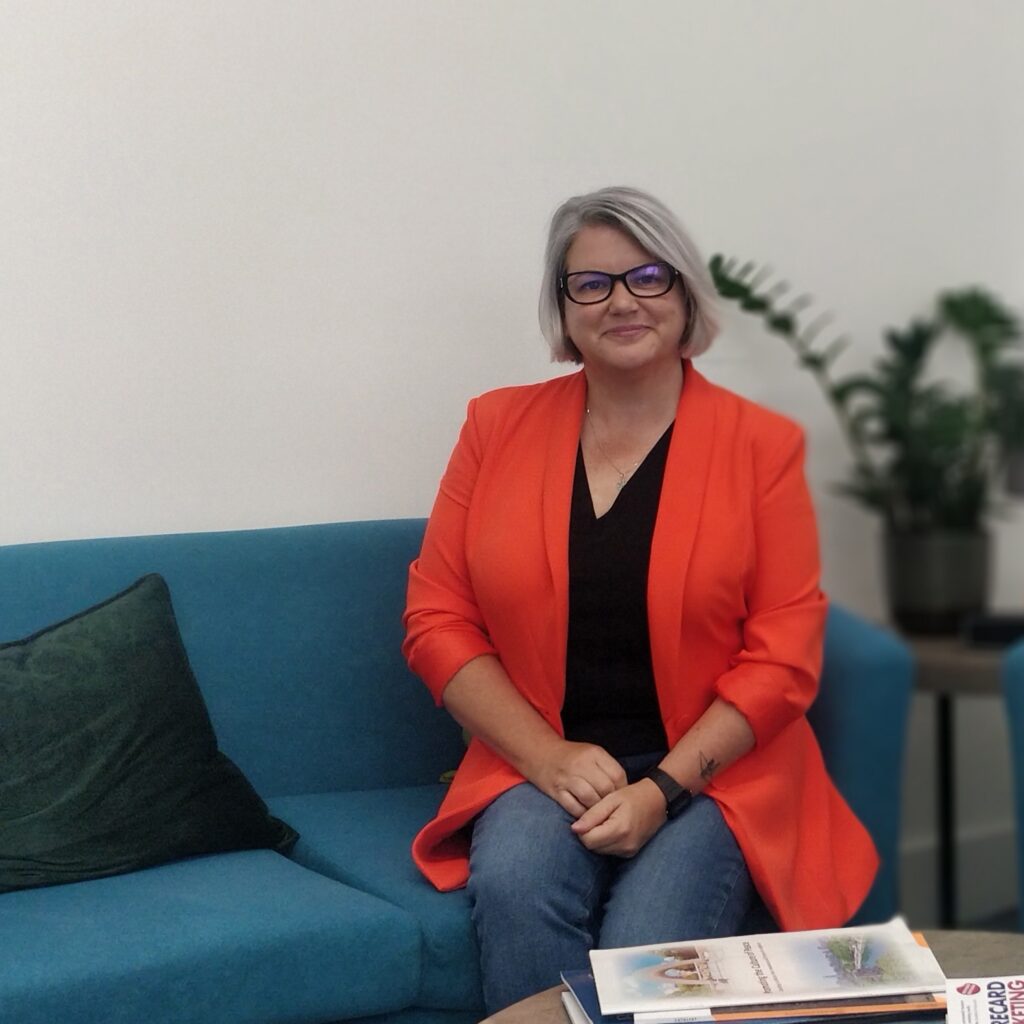
Helen Rankin
International Space City
Helen Rankin is an astrosociologist who founded International Space City, the Centre of Astrosociology and the Space Knowledge Summit, to remove barriers and widen participation globally in the space sector in three critical areas: space law & ethics, social impact and finance. She researches and talks about space poverty, future jobs, peace culture and the relationship between class and equal access to the benefits of space. Helen went to work at 16 straight out of school. At 47, she is presently studying her law masters at Robert Gordon University and is on a mission to provide free space law training to 1 million people. She is based out of the Scottish Highlands and enjoys fell running.
The first rule of space law is that everyone has equal access to the benefits of space. At a time when the world is struggling to be fair and equitable by 2030, what does this mean for the world, people on Earth and for each of us today?
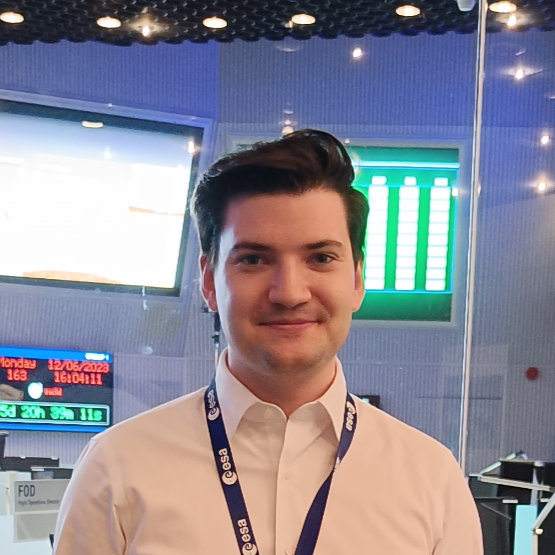
David Sulley
UK Space Agency
David is the Technical Manager for Space Surveillance and Tracking at the UK Space Agency. He works closely with UK Space Command to develop the UKs capability for Space Domain Awareness through the use of sovereign sensors, international partnerships and commercial providers. He previously worked as a Mission Systems Engineer in the UK Space Agency and as a Systems Engineer in other areas of the UK government. David was an Executive Trustee of UKSEDS and helped run UKSEDS Competitions. He has an MSc in Space Exploration Systems Leicester and a BEng in Aerospace Systems Engineering.
This presentation shines a light on the cornerstone of space sustainability, Space Domain Awareness (SDA), delving into the intricacies of how SDA is undertaken as well as exploring the global landscape of key players and the diverse array of sensor technologies employed to monitor space activity. It will unveil the advancements and strategic initiatives, including the development of the UK’s National Space Operations Centre, poised to redefine the future of UK space domain awareness capability. Attendees will gain a comprehensive understanding of the SDA’s pivotal role in safeguarding and enabling the sustainability of space activities.
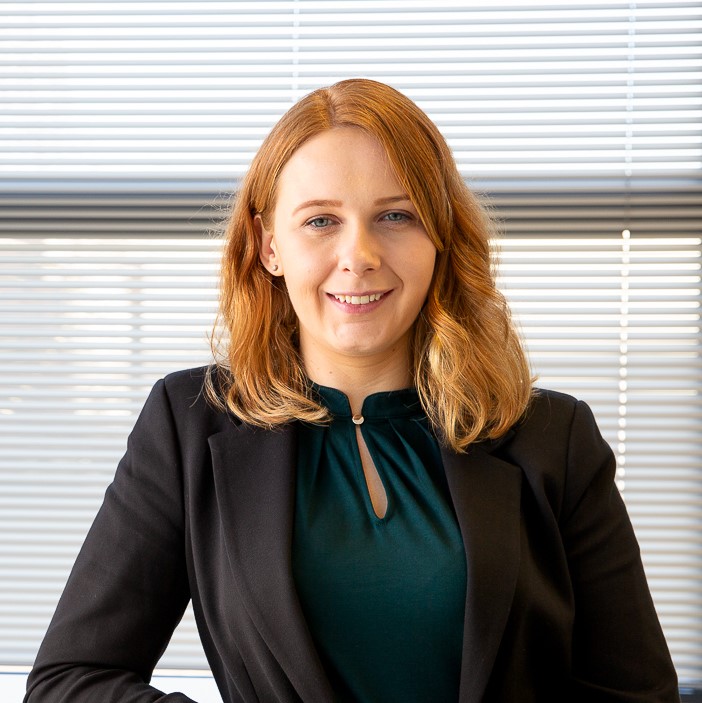
Jodie Howlett
UK Space Agency
Jodie is a Senior Systems Engineer at the UK Space Agency, within the Office of the Chief Engineer. She provides technical oversight on a variety of UK-supported space missions and projects, from Earth Observation missions that help tackle climate change, players. Jodie graduated with a First in MEng Mechanical Engineering in 2019, and then completed the Space Studies Program at the International Space University. She then joined ESA as a Young Graduate Trainee working in Quality Assurance. Jodie is also a Trustee of IMechE Support Network and an active member of SGAC.to large flagship science missions involving various international
Join Jodie as she describes her six-year trajectory from space novice to an experienced Senior Systems Engineer. Offering a personal account, Jodie will provide valuable advice for those aspiring to establish themselves in the space sector. She will also delve into the responsibilities and intricacies of what systems engineering can entail in this technically challenging domain, offering insights into the unique challenges that space poses.
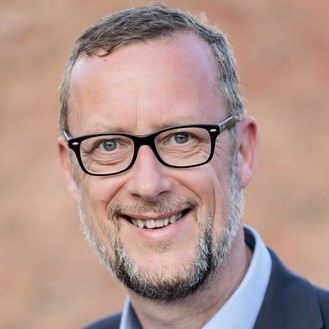
Remco Timmermans
Freelance
Remco Timmermans is an independent online marketing and social media specialist for the international space sector. He is a well-known space influencer and mentor to aspiring space communicators. He is the founder of his own space marketing agency Spaceside OÜ, a faculty member of the International Space University and a member of the IAF Space Education and Outreach Committee. Remco designs and runs creative online campaigns for a variety of space organisations, both in academic, government and commercial space. He is a founding member of the new Space Communications Alliance, that brings together key media, PR and communications organisations in the space industry. Remco has an undergraduate degree in business administration and mechanical engineering, a master’s degree in business sciences, and he is a graduate of the International Space University Space Studies Program, where he also periodically teaches space management and business, with an emphasis on marketing and communication.
We all love space. We all love space so much that we are looking to spend our career in the space sector. But what is this sector all about? Do we have a realistic image of what a career in space really means? And even if we do, does society understand what the space sector really is in 2024? The answer is no. This talk will reveal how we forgot to tell the story of space after the Moon landings… Space is a leading high-tech sector, which is undergoing rapid development and growth. We all talk about space as the next trillion dollar industry. We also like to emphasise how STEM or STEAM our sector is. This talk will also reveal why we should really stop talking STEM. Or STEAM.
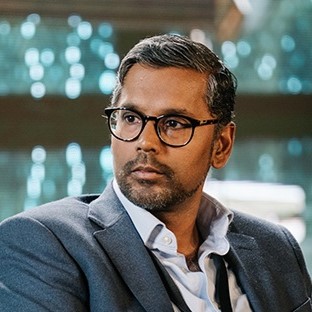
Jason Maroothynaden
HE Space
With 20 years in the aerospace business and venture, Jason Maroothynaden’s expertise covers investment, finance relations, venture growth, downstream applications, micro-gravity sciences and payload development. Since 2020 Jason has been supporting business development and client relations in the UK space market as Managing Director of HE Space Operations Ltd. Since 2023, he manages the UK business development of a broader space serving offering, our SpaceForce business line, which combines the space capabilities of HE Space, CS Group and Sopra Steria across Europe.
In this talk HE Space Operations UK Director Jason Maroothynaden will share tips and advice on how to start and develop a career in space.
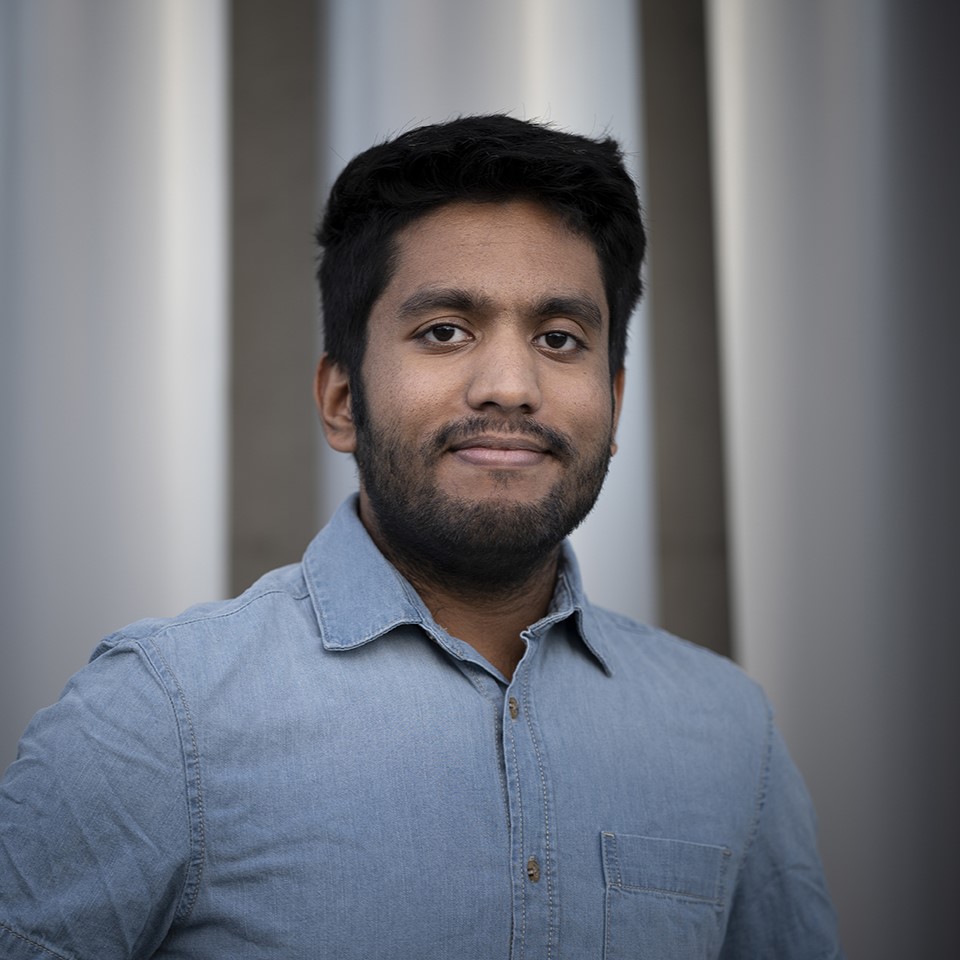
Gautham Barathwaj Padmanaban
Thales Alenia Space
Gautham Barathwaj Padmanaban, a young space systems engineer, joined Thales Alenia Space UK in January 2023 after earning a master’s degree in Aerospace Engineering from Institut Supérieur de l’Aéronautique et de l’Espace (ISAE-SUPAERO) in Toulouse, France. At university, Gautham worked on reinforcement learning applications on drones, along with control systems design for satellites and aircraft. Gautham has worked on diverse space subjects, such as on-orbit servicing, optical payloads, and In-Situ Resource Utilization (ISRU). He actively engages in science education and mentorship programs, including with the University of Bristol, and with various universities in India. Currently, Gautham also serves as secretariat of an ISRU working group under the UK Space Agency.
Coming Soon
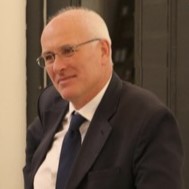
Nick Appleyward
European Space Agency
Dr Nick Appleyard heads European Space Agency’s support for sustainable businesses using Space, which comprises project funding and support to innovating companies and their customers.
Nick is currently the Acting Head of Establishment for ECSAT, the European Centre for Space Applications and Telecommunications, which is ESA’s footprint in UK on the Harwell Science Campus.
Nick’s previous background includes leading UK government’s innovation support for the digital economy at InnovateUK. The transition to the space sector was a natural progression, since is data applications which now motivate the dramatic growth of the commercial space industry.
European Space Agency has its international headquarters of Space Applications and Telecommunications on the Harwell Campus in Oxfordshire. Why, what is happening there, and what are the opportunities?
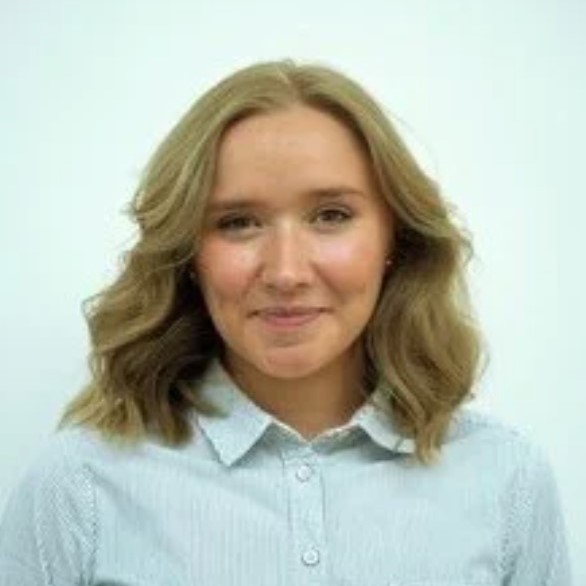
Molly Mitchell-Knight
Fraser Nash
Molly is an Engineer within the Systems Engineering unit at Frazer-Nash Consultancy. With her experience in the Space industry during university and internships, Molly now applies this knowledge to expand Frazer-Nash’s Space portfolio in a Business Development role alongside her engineering projects.
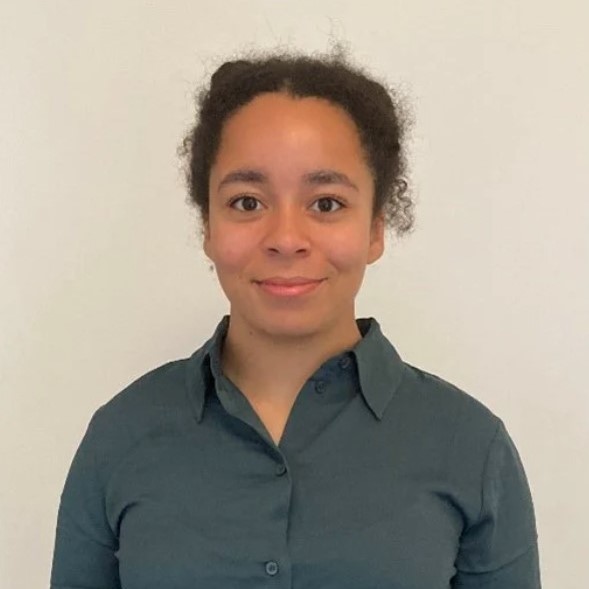
Kate Addo
Fraser Nash
Kate is an Engineer within the Advanced System Design Group at Frazer-Nash Consultancy. Kate expanded her knowledge in Space within the Aerospace Innovation Society at university and her internship designing a sensor for Earth re-entry. At Frazer-Nash she’s loved developing her technical skills to tackle Space design challenges, particularly working on complex designs for Space Based Solar Power.
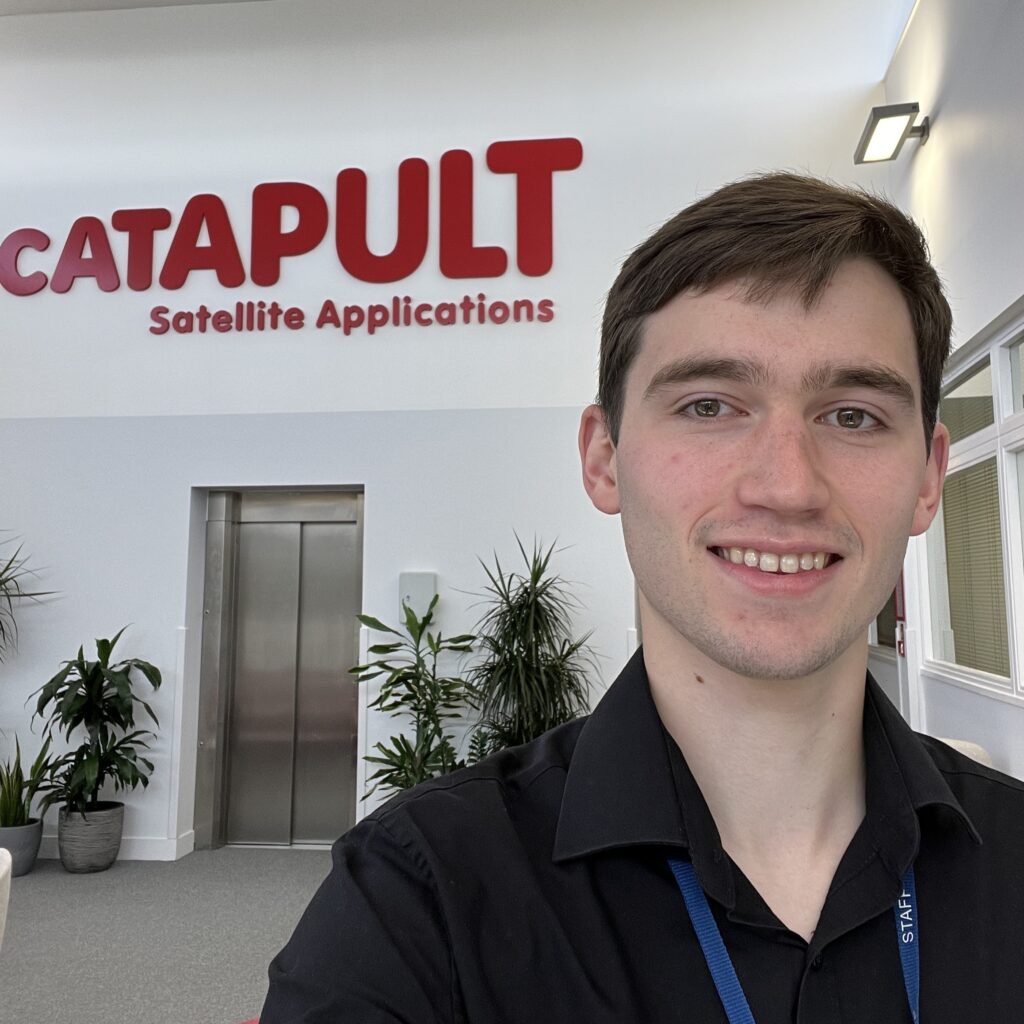
Liam Donnelly
Imperial College London
Liam is a third year Aeronautical with Spacecraft Engineering student at Imperial College London, where he is also the chair of the Imperial College Space Society. He will be presenting his team’s winning design from the Airbus Space Competition, looking at the design and manufacturing of landing pads on the lunar surface.
This talk will cover the winning proposal from the Airbus Space Competition, which asked university students to develop a feasible design concept for use on the lunar surface by the year 2045.
The winning proposal looks at the design, manufacture and assembly of lunar landing pads, providing some options for how to get around the key technical challenges that accompany this design.
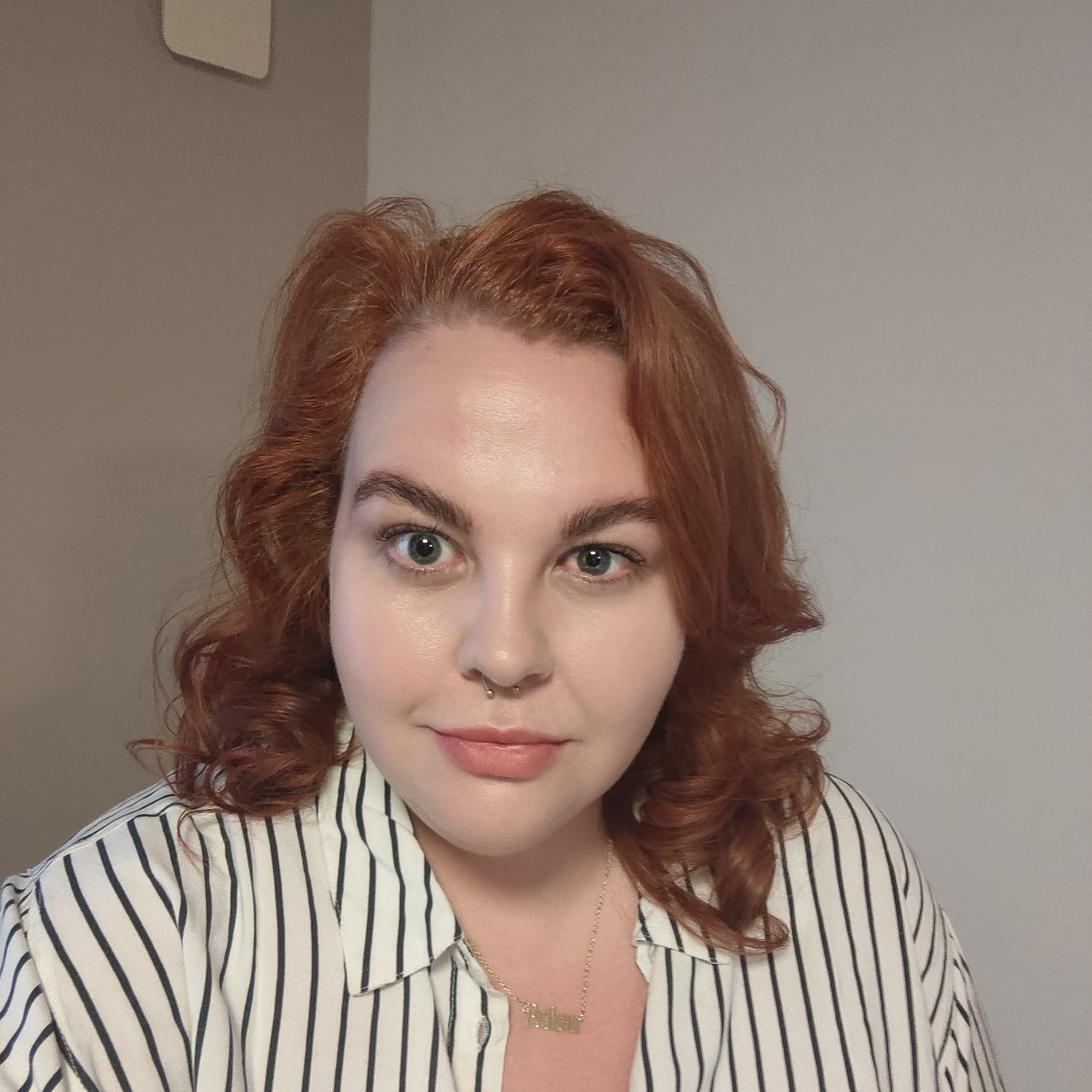
Bethan McAulay
Astroscale
Bethan currently heads up talent for leading space sustainability company Astroscale across the UK and France, and has worked in the industry for almost 5 years. Her prior recruitment career spans many industries, and she studied for Bachelors and Masters degrees in Psychology at the University of London. Bethan is passionate about skills development, early careers and supporting access to the space industry for more than just engineers! Her recent achievements include an advisory role with NASA around Diversity and Inclusion, as well as introducing Astroscale’s first Graduate Scheme in 2023.
Astroscale was founded in 2013 with an ambitious goal – to make in-orbit debris removal and satellite servicing routine by 2030.
10 years down the line of that journey, this talk will look at all we’ve achieved so far, what’s still to come, and how you can be part of this inspiring mission.
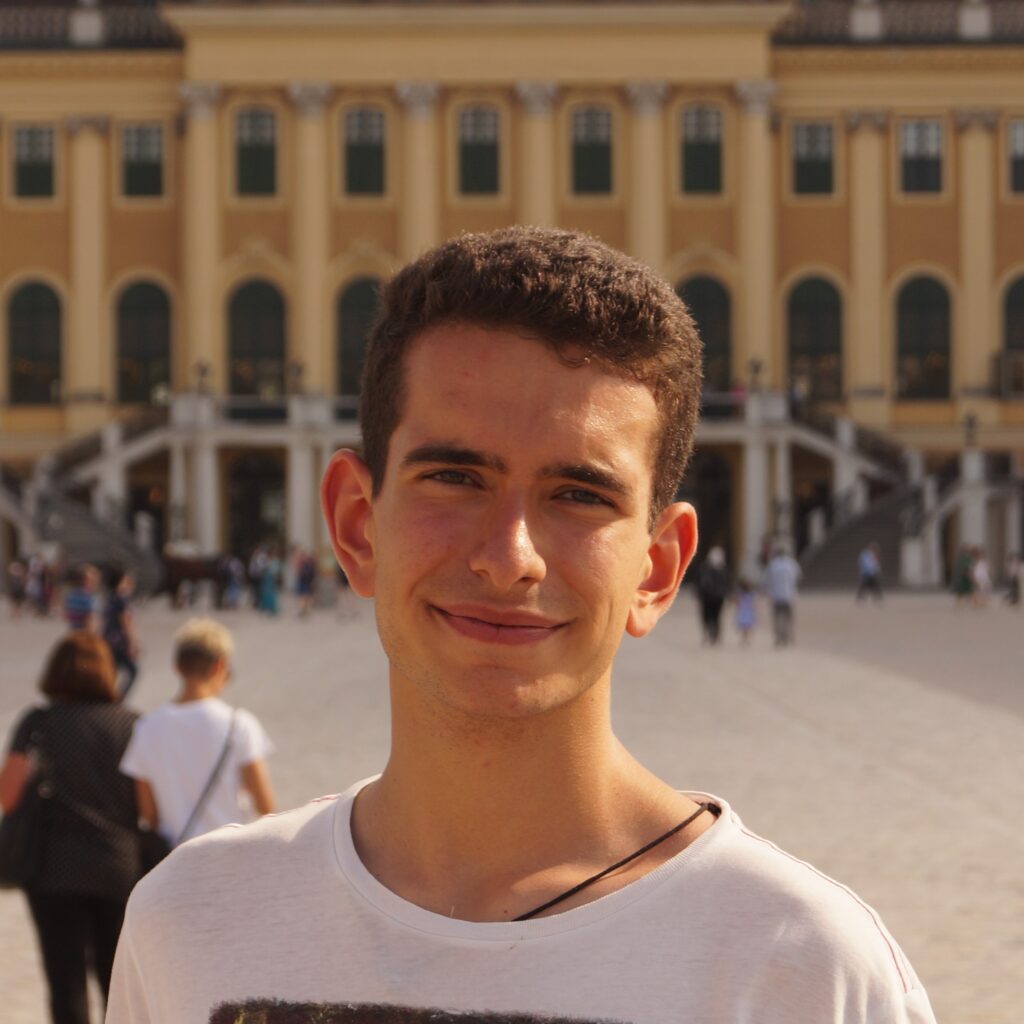
Joaquin perez-Grande
Satellite Applications Catapult
Joaquin is a Space Ecosystem Manager at the Satellite Applications Catapult. His role focuses on creating a thriving UK space ecosystem that connects communities benefitting from space data and technology, supports businesses, and stimulates the growth of national capabilities. He works collaboratively with the space clusters to inform space strategy and policy, and supports government, industry and academic stakeholders in making a place for their communities in space.
Coming Soon
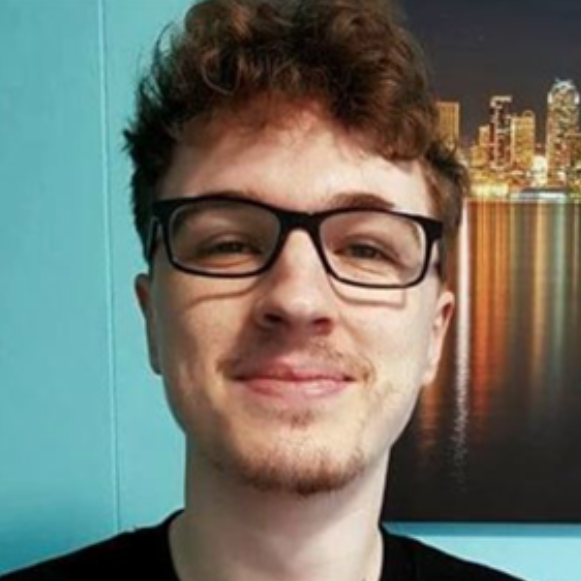
Robert Field
GMV
Rob is a Robotics Engineer working at GMV UK. Over the course of his three years with the organization, he has worked primarily on AI projects within the team, particularly in the realm of mission planning applications for ESA. Other AI projects has also focused on emergent behaviour from drone swarms and techniques for identifying hazardous rocks within the Guidance, Navigation, and Control (GNC) stack of rovers. His focus currently revolves around the implementation of state-of-the-art convolutional neural networks for semantic segmentation. This typically involves the classification of terrain regions based on visual characteristics, pushing the boundaries of innovation in the ever-evolving landscape of artificial intelligence.
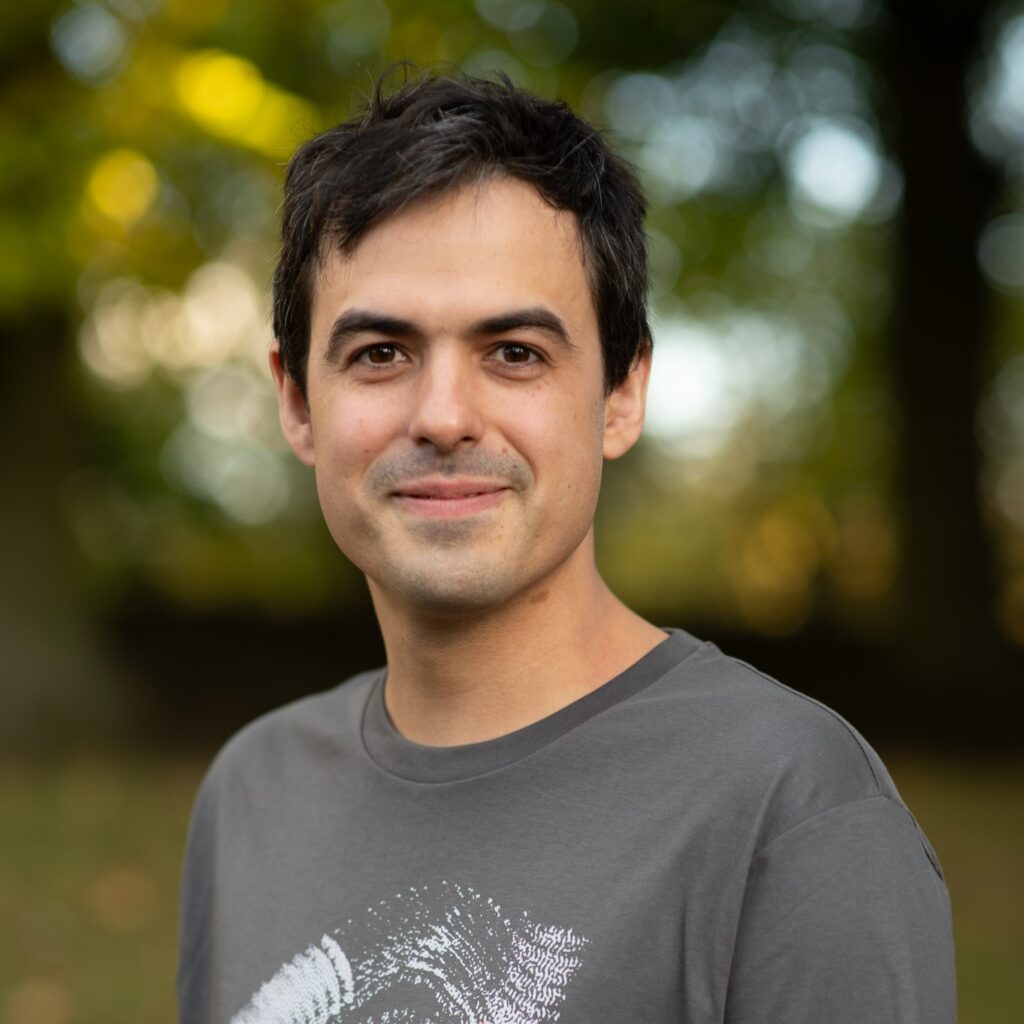
Vít Růžička
University of Oxford
Vít Růžička is a DPhil student at the Department of Computer Science at the University of Oxford, supervised by Andrew Markham and Niki Trigoni. He participated in FDL Europe 2021 as a ML researcher in the “AI On-Board” team and in FDL US 2022 as a ML team lead. In 2019-20, he was working as a research assistant and lecturer at the University of the Arts London in the Creative Computing Institute. Before that he was on a research internship at ETH Zurich in the EcoVision group (2019) and at Carnegie Mellon University in Franz Franchetti’s group (2017-18). He did his MSc and BSc at the Czech Technical University in Prague. He likes Machine Learning research, Arts, literature, travelling and analog photography.
Robert Massey
Royal Astronomical Society
Joaquin is a Space Ecosystem Manager at the Satellite Applications Catapult. His role focuses on creating a thriving UK space ecosystem that connects communities benefitting from space data and technology, supports businesses, and stimulates the growth of national capabilities. He works collaboratively with the space clusters to inform space strategy and policy, and supports government, industry and academic stakeholders in making a place for their communities in space.
The Royal Astronomical Society is among the oldest and largest space and astronomy organisations in the world, with more than 4,000 members (all entitled to call themselves Fellows) in 70 countries around the world. Our members benefit from our support for science and scientists. We promote research, public engagement, political advocacy, run scientific conferences, and offer a programme of grants and awards, access to our historic library, and our bimonthly A&G (Astronomy & Geophysics) magazine. RAS student Fellows are also eligible to be part of the Early Careers Network, our platform to support and nurture everyone in the first stage of their journey through the space and astronomy world. In this talk Robert will briefly set out our work, how you can help us, and how we can help you.
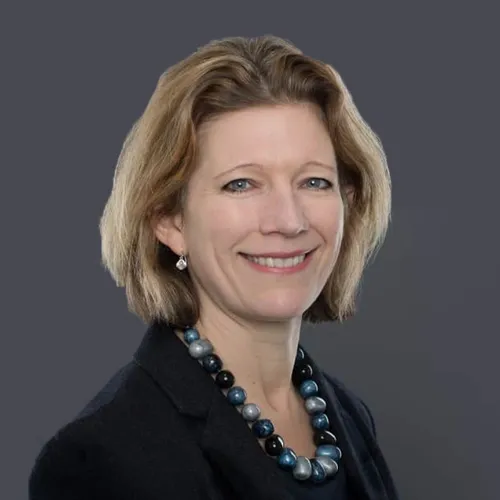
Joanna Hart
Space Partnership
Joanna thrives on bringing people together to address complex challenges and deliver change. Since March 2023, Joanna has brought together industry, academia and government through the Space Partnership to identify shared priorities and agree collective action to deliver the ambition contained within the National Space Strategy. After a first career in investment banking, Joanna started in the space sector in 2014 at the Satellite Applications Catapult. At STFC (part of UKRI) Joanna supported the growth of the Harwell Space Cluster from 80 to over 100 organisations and led the development of STFC’s Skills Factory proposal to address national technical skills shortages.
In collaboration with the Department for Science, Innovation and Technology, UK Space Agency and Satellite Applications Catapult, the Space Partnership is supporting the development of the Space Workforce Action Plan for the UK space sector. This plan sets out to address the challenges faced by the sector in attracting and retaining people. You are the future space workforce so your views on the opportunities in the space sector are important. We will set the scene and give you the opportunity to contribute your thoughts during the short session. Join us and give your insights to help shape the actions in the Space Workforce Action Plan!

Tom Rees & Rob Crosby
Innoforge Ltd
InnoForge – Founded by two renowned recruitment professionals, with proven track records in helping companies attract, develop and retain the right individuals.
Innovators : Whether you’re just starting or looking to advance your career, InnoForge is your partner in finding opportunities that align with your skills, aspirations, and values.
Educational and Training Institutions: We collaborate with educational bodies to nurture the next generation of talent, ensuring a continuous stream of skilled and educated professionals in the sector.
Get an introduction to InnoForge Ltd, a staffing and recruiting company. This talk will serve as an introduction to InnoForge’s Interview Preparation Workshop taking place at 10:40 in the Hopkins Room.
Robert Massey
Royal Astronomical Society
Joaquin is a Space Ecosystem Manager at the Satellite Applications Catapult. His role focuses on creating a thriving UK space ecosystem that connects communities benefitting from space data and technology, supports businesses, and stimulates the growth of national capabilities. He works collaboratively with the space clusters to inform space strategy and policy, and supports government, industry and academic stakeholders in making a place for their communities in space.
The Royal Astronomical Society is among the oldest and largest space and astronomy organisations in the world, with more than 4,000 members (all entitled to call themselves Fellows) in 70 countries around the world. Our members benefit from our support for science and scientists. We promote research, public engagement, political advocacy, run scientific conferences, and offer a programme of grants and awards, access to our historic library, and our bimonthly A&G (Astronomy & Geophysics) magazine. RAS student Fellows are also eligible to be part of the Early Careers Network, our platform to support and nurture everyone in the first stage of their journey through the space and astronomy world. In this talk Robert will briefly set out our work, how you can help us, and how we can help you.
Unlocking Potential: Strategies to Launch Your Career in the Space Industry
Gain valuable insights into the challenges and opportunities that shape careers in the space sector. Our distinguished panelists will share their firsthand experiences, shedding light on innovative projects, cutting-edge technologies, and the exhilarating frontiers currently being explored in the vast expanse of space.
Engage in thought-provoking conversations with industry experts, and uncover the immense potential for growth and impact within the space industry. Don’t miss this unique opportunity to learn, connect, and launch your career to new heights alongside the best in the business. Explore the cosmos of possibilities and chart your course towards a thriving career in the space industry.
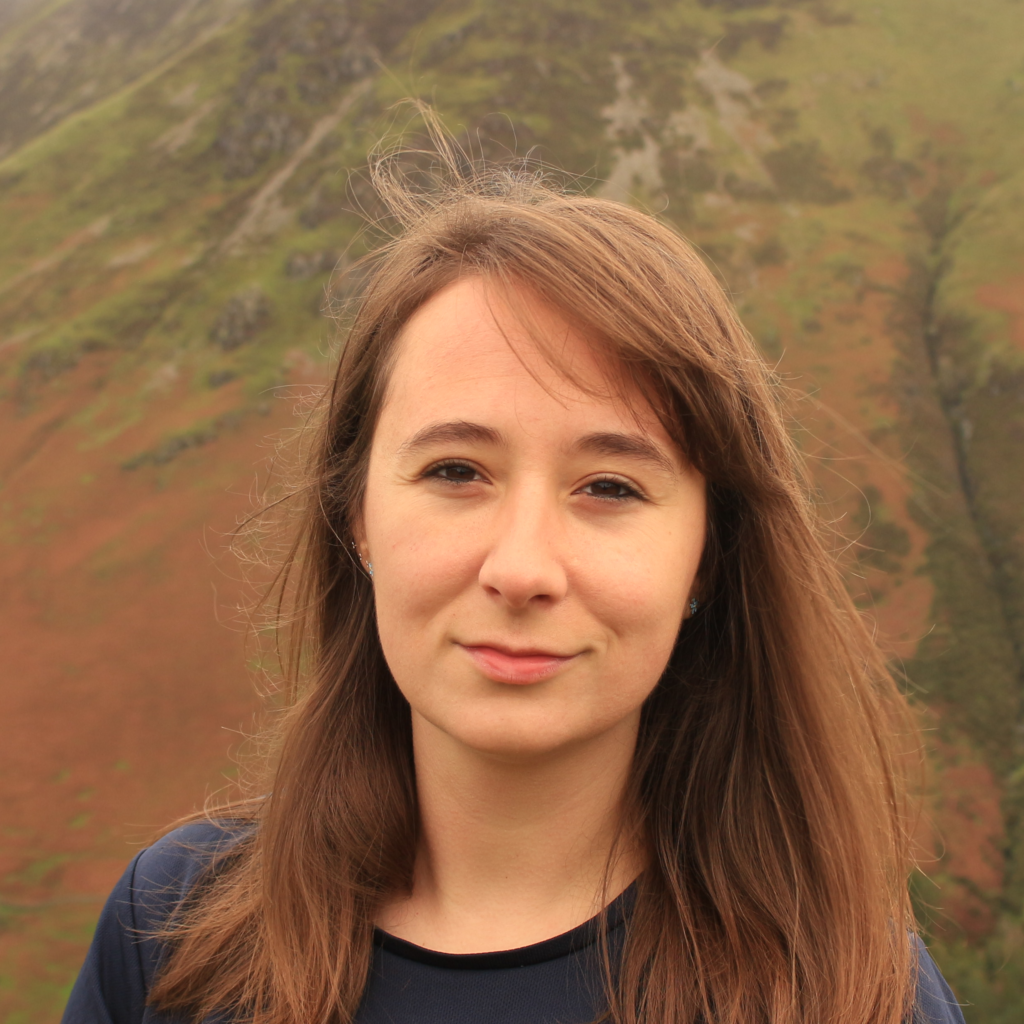
Heidi Thiemann
Space Skills Alliance
Dr Heidi Thiemann is the co-founder and director of the Space Skills Alliance, a think tank, consultancy, and backbone organisation addressing the space skills gap. Since co-founding SSA in 2019, Heidi has become recognised as a leader in the space skills landscape. Previously, she led the Cornwall Space and Aerospace Technology Training programme, developing the first national HNC/HND curriculum for the space sector and supporting local businesses to identify and fill their skills gaps. Heidi holds a PhD in Astrophysics from the Open University, and a MPhys in Physics with Space Science and Technology from the University of Leicester.

Bethan McAuley
Astroscale
Bethan currently heads up talent for leading space sustainability company Astroscale across the UK and France, and has worked in the industry for almost 5 years. Her prior recruitment career spans many industries, and she studied for Bachelors and Masters degrees in Psychology at the University of London. Bethan is passionate about skills development, early careers and supporting access to the space industry for more than just engineers! Her recent achievements include an advisory role with NASA around Diversity and Inclusion, as well as introducing Astroscale’s first Graduate Scheme in 2023.
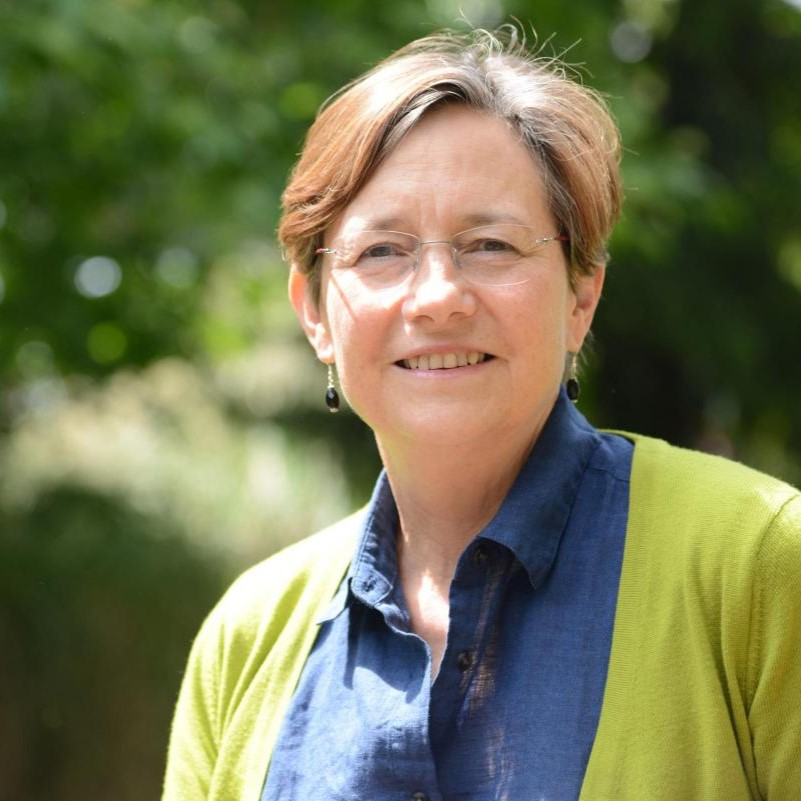
Kathie Bowden
Satellite Applications Catapult
Kathie is the Skills Manager for the Satellite Applications Catapult, which she joined following roles in Industry (BP, British Aerospace and as an independent consultant), in academia (NERC Environmental Systems Science Centre, Institute for Environmental Analytics) and in Government (UK Space Agency). Kathie has focussed on skills issues across the space sector since 2011 and is a respected contributor to a number of national and international programmes. She sits on several advisory boards and supports the regional space clusters across their workforce requirements. She is responsible for SPIN and for a new programme to space considering workforce foresighting.
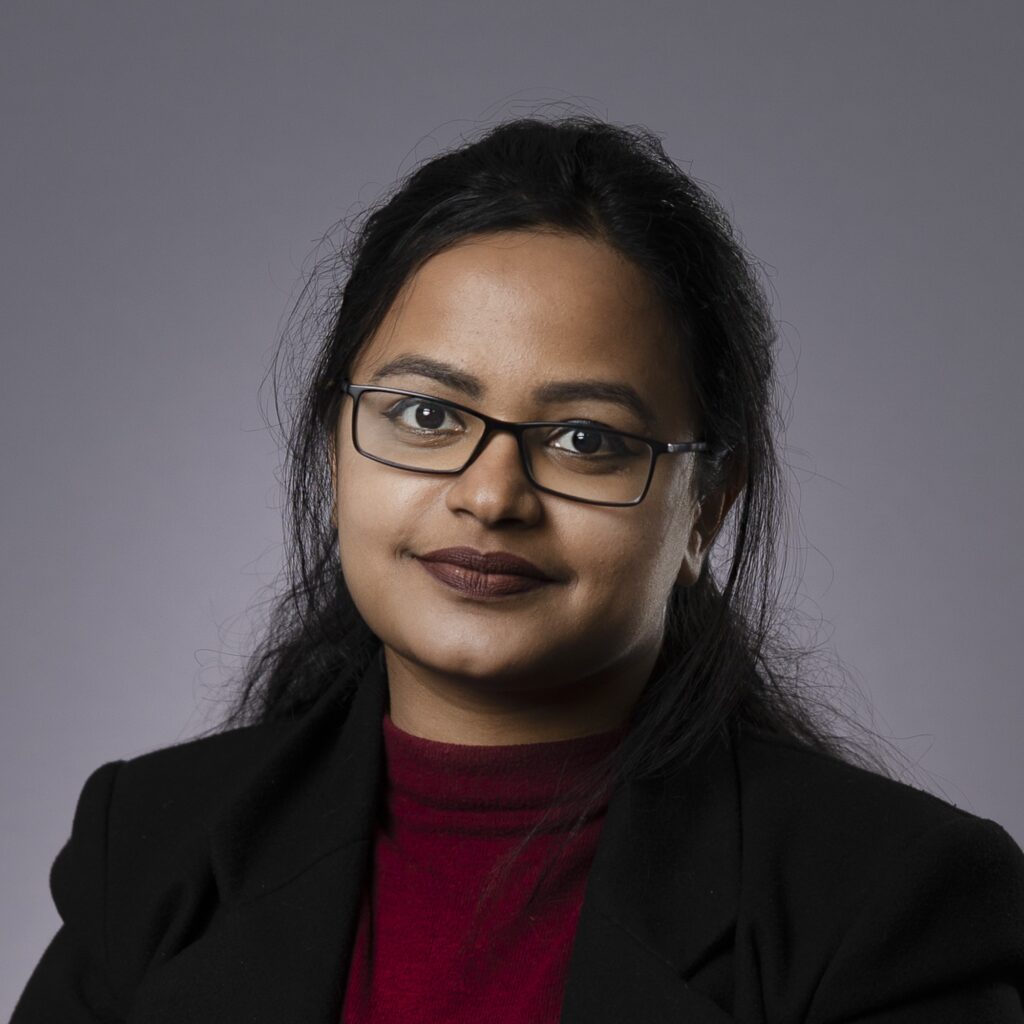
Dr Sonali Mohapatra
Prospero Space Fellowship National Quantum Computing Centre
Dr. Sonali Mohapatra leads sectoral innovation strategy and user engagement for quantum computing at the UK’s National Quantum Computing Centre. She drives use-case discovery across space, finance, energy, healthcare, pharmaceuticals and more – engaging government, industry and academia to accelerate quantum readiness. A physicist by training, Sonali has extensive R&D expertise developing early-stage quantum, space and AI technologies including world’s-first CubeSat quantum encryption systems. Passionate about inclusion, she champions equality, diversity and talent growth. She is a director of the Prospero Space Fellowship and has founded and chaired impactful non-profits such as QIndia, New Voices in Space and MTSN, India.
Bob Morris
Chair
Northern Space Consortium
Hina Khan
Executive Director
Space Scotland
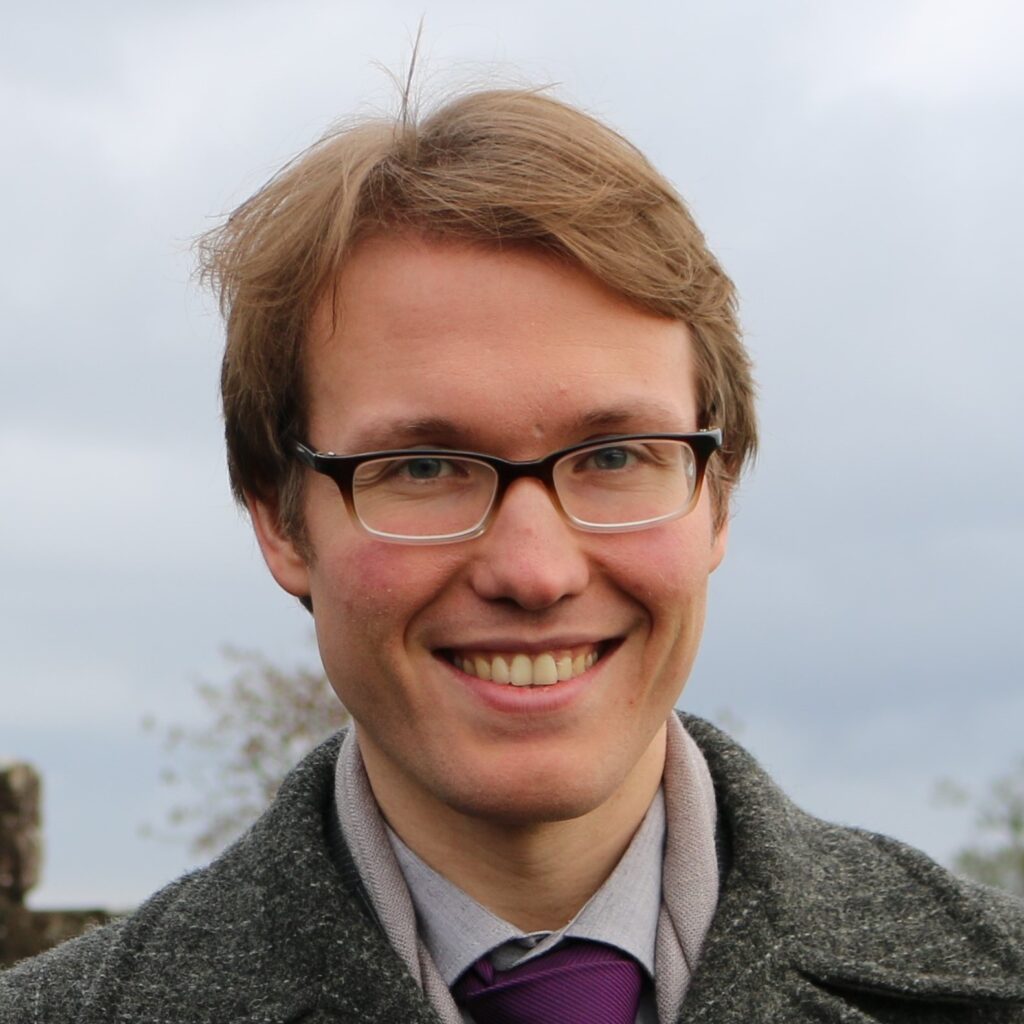
Matjaz Vidmar
Lecturer in Engineering Management
University of Edinburgh
Dr Matjaz Vidmar is Lecturer in Engineering Management at the University of Edinburgh and Deputy Director of the Institute for the Study of Science, Technology and Innovation. He is researching innovation processes, R&D (eco)systems and futures strategies and design, working in particular with the satellite and space data industry and artificial intelligence. He is also involved in many international initiatives to develop the future of these fields, including several start-up companies and an extensive public engagement programme on interplay of STEM, arts, and futures literacy. More at www.blogs.ed.ac.uk/vidmar
Mamatha Maheshwarappa
Payload Systems Lead
UK Space Agency
Anita Bernie
Managing Director
MDA Space
Paolo Ridolfi
Chief Engineer
Airbus
Sharon Cobb
Programme Manager
NASA Space Launch System
Business, Entrepeneurship and Leadership in Space (UKSEDS Trustees)
Join us for an illuminating discussion where visionary leaders delve into the intricacies of navigating the business landscape within the space industry.
Our esteemed UKSEDS Trustees will share their wealth of experience and insights, providing a roadmap for aspiring entrepreneurs and leaders in the space sector. Discover the unique challenges and opportunities that define the intersection of business acumen and space exploration.
Engage in dynamic conversations with these trailblazing individuals as they uncover the secrets to successful entrepreneurship and leadership in the cosmic realm. Explore the strategies that drive innovation and prosperity in the space industry, gaining valuable knowledge that can shape your own trajectory.
An Introduction to UK Space Clusters
Join us as we unravel the dynamic landscape of space clusters across the United Kingdom, bringing together industry experts, leaders, and enthusiasts to shed light on the thriving ecosystems that foster innovation and collaboration.
Delve into the heart of UK Space Clusters, gaining insights into the collaborative networks, cutting-edge technologies, and groundbreaking projects that define these clusters. Our panelists, seasoned professionals deeply rooted in the space industry, will share their experiences and expertise, providing a comprehensive introduction to the unique challenges and opportunities within these vibrant clusters.

Joaquin Perez-Grande
Satellite Applications Catapult
Joaquin is a Space Ecosystem Manager at the Satellite Applications Catapult. His role focuses on creating a thriving UK space ecosystem that connects communities benefitting from space data and technology, supports businesses, and stimulates the growth of national capabilities. He works collaboratively with the space clusters to inform space strategy and policy, and supports government, industry and academic stakeholders in making a place for their communities in space.
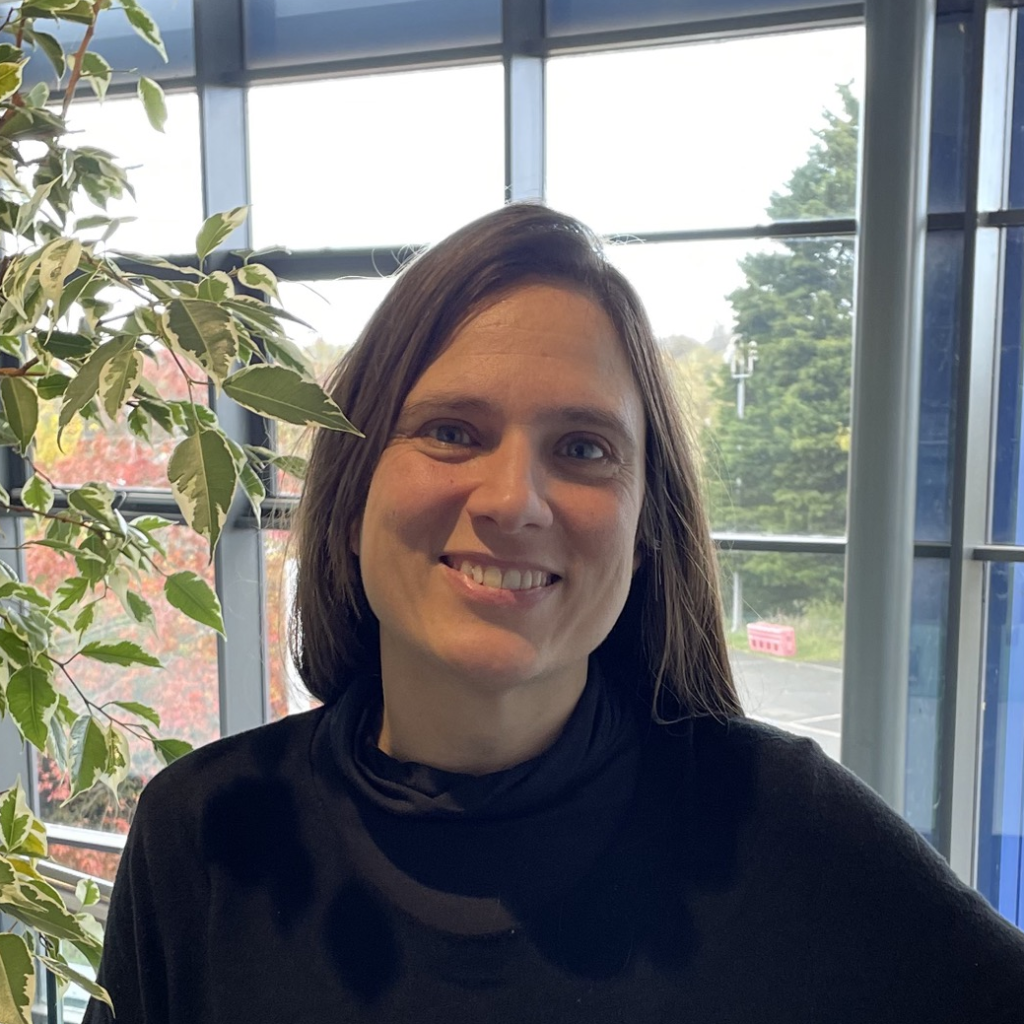
Rebecca Huffee
Space West Cluster
Rebecca Huffee is the Manager of Space West, the regional space cluster.
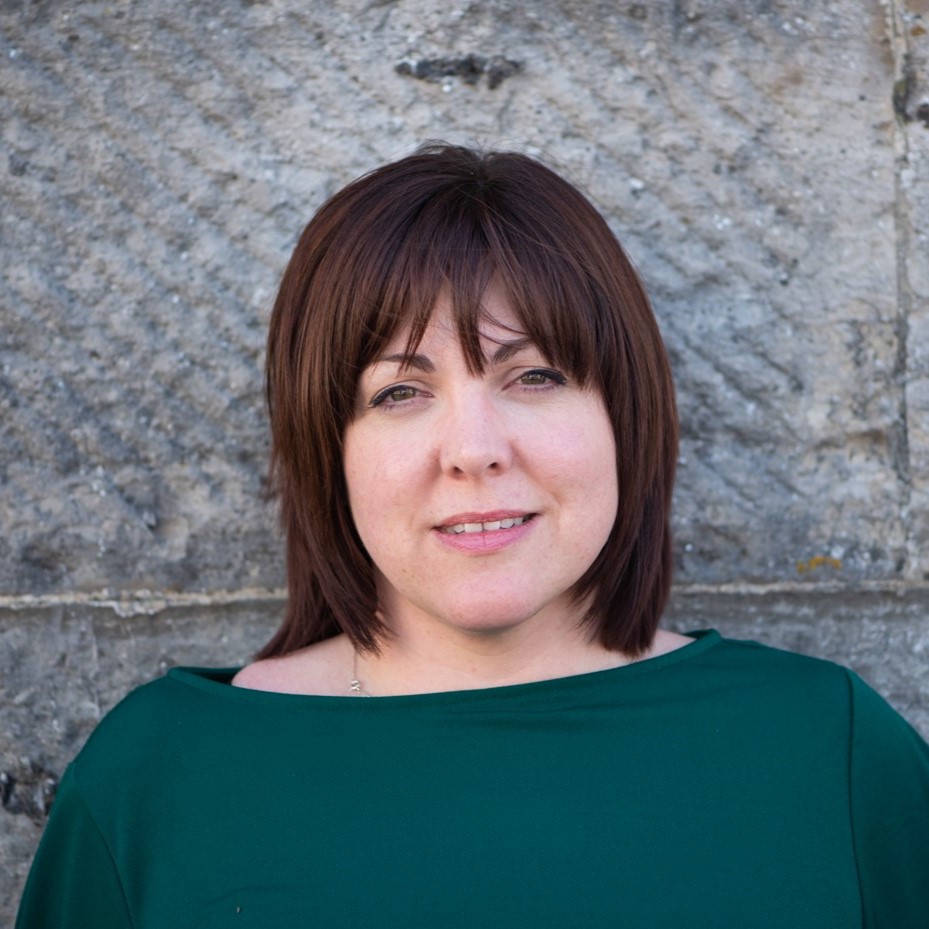
Dr Louise Butt
Space South Central
Louise Butt leads the Space South Central Enterprise Network, the delivery arm of the regional space cluster, Space South Central. Over the last five years, Louise has been a champion and advocate for space and satellite technologies. During her tenure at the South Coast Centre of Excellence in Satellite Applications, her team worked tirelessly to unlock the region’s latent space potential, build a thriving regional space community, and explore relevant space opportunities to promote economic growth. Passionate about the role of science and technology in solving some of the world’s greatest challenges, Louise trained and worked as a biochemist before transitioning into research and innovation facilitation. While working in the Higher Education sector, she applied her knowledge in project management, partnership building, bid development, event management, and funding support to develop interdisciplinary technology-focused projects for industry and academia.
Yuk Chi Chan
Founder and CEO
Charter
Craig Brown
Director of Investment
UK Space Agency
Daria Filichkina
COO
AstroAgency
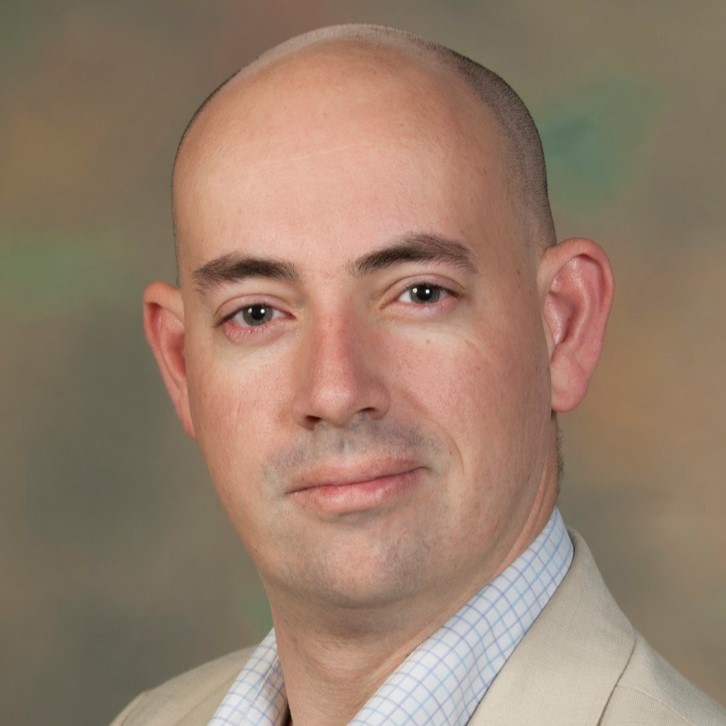
Mike Curtis-Rouse
Satellite Applications Catatpult
Mike is the Head of In-Orbit Servicing & Manufacturing (IOSM) for the Satellite Applications Catapult, a not-for-profit commercial organisation focused on the on growing the UK space sector through the innovation in new products and services. He leads a multi-disciplinary team of engineers, technologists, and analysts, with a specific focus on building new capabilities in In-Orbit Servicing, Assembly and Manufacturing. The team focus on the development of new manufacturing approaches to be used in space, robotics and control systems and the validation of autonomous docking and capture processes in Low Earth Orbit.
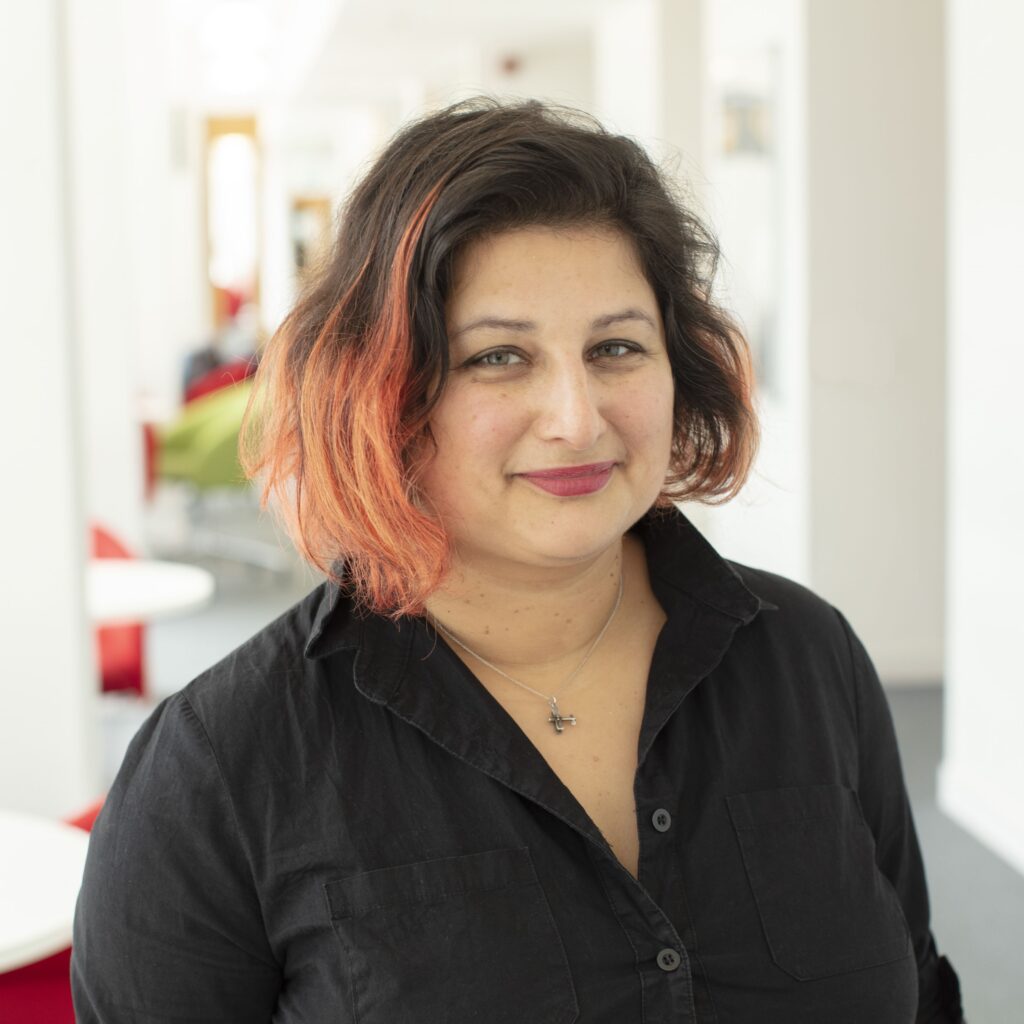
Mona Nasser
University of Plymouth
Prof. Mona Nasser, trained in dentistry, clinical epidemiology, public health, and astrophysics, is a Professor in Clinical Epidemiology and Oral Health Research and the Director of Plymouth Institute of Health and Care Research (PIHR). She collaborates with the Space Medicine Team at the European Space Agency, conducting systematic reviews on the impact of ionizing radiation on human biology. Also, a visiting fellow at the Berlin Institute of Health/QUEST Centre, Prof. Nasser focuses on refining systematic review methods for in-vitro research. She co-leads and founded the Metafuturism lab, organizing workshops that co-create alternate futures, integrating scientific methods, uncertainty, societal issues, and environmental challenges (www.monanasser.org).
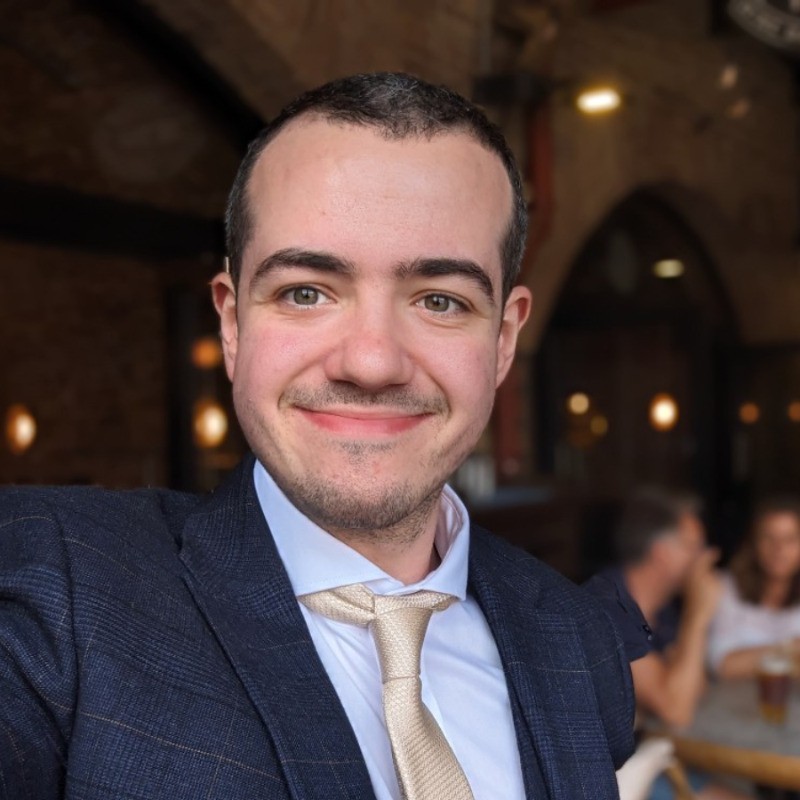
Joshua Bernard-Cooper
Eutelsat OneWeb
While at university, Joshua was selected as an analog astronaut for the Asclepios II mission. A year of training prepared him and his crewmates to undertake a two-week simulated mission to the Lunar South Pole. He lived in a habitat built underneath the Swiss Alps, communicating with the outside world only through a Mission Control Centre. The mission provided a platform for a variety of experiments and technology demonstrations, and its success has meant several have now flown on the ISS. After completing his studies he initially worked as an Orbital Analyst in the field of Space Situational Awareness. He now works at Eutelsat OneWeb as a Flight Dynamics Engineer in Satellite Operations.
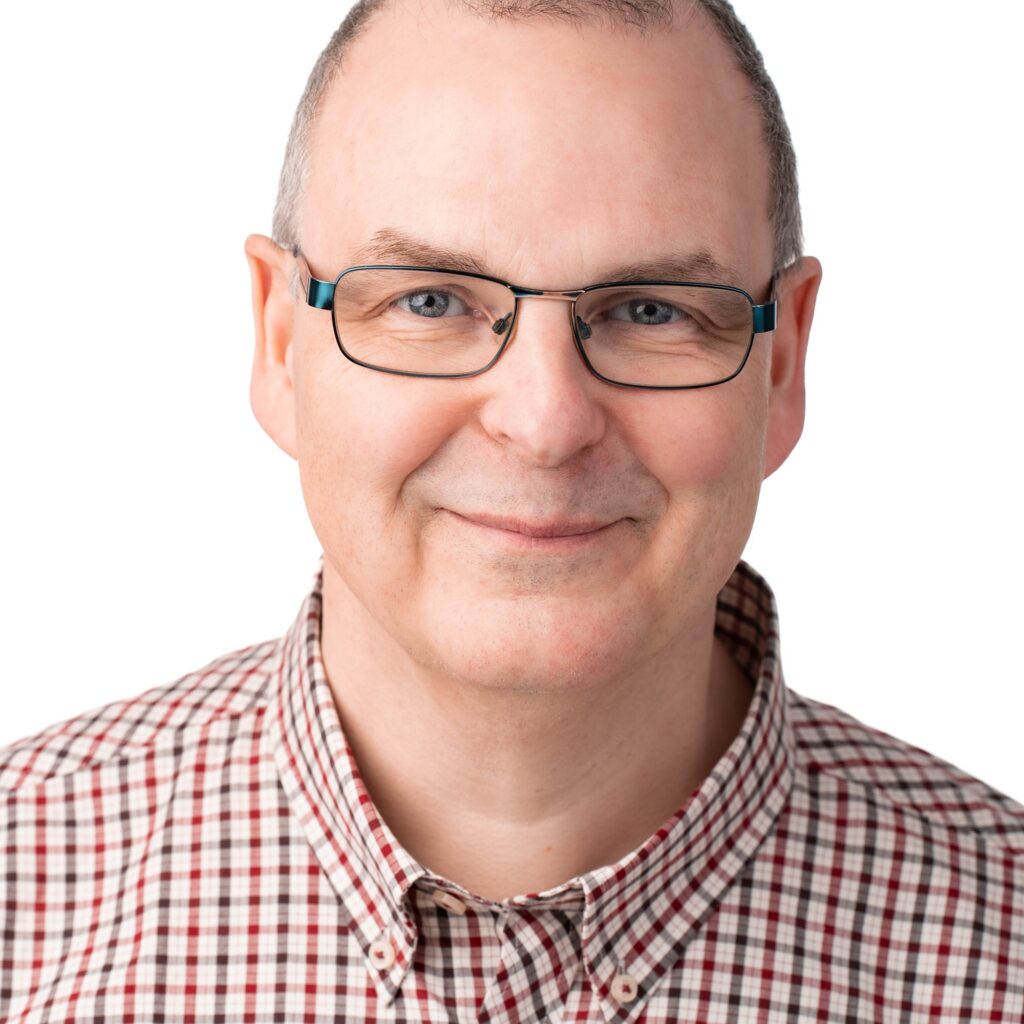
Craig Leadley
Campden BRI
Craig is a Fellow at Campden BRI where he provides consultancy and training to the food industry and has a major focus on start-up support and on developing industry/academic collaborative research. Throughout his career his technical passion has been new technologies, particularly those associated with food preservation. He has studied, and published on, a wide range of these technologies for the food industry. Most recently, Craig has been involved in two research projects exploring the cultivation of meat from animal cells. One being a desk-based assessment of the feasibility of culturing meat for missions to Mars. He is a Fellow of the Institute of Food Science & Technology, is a former member of its board of trustees and past chair of its food processing special interest group.
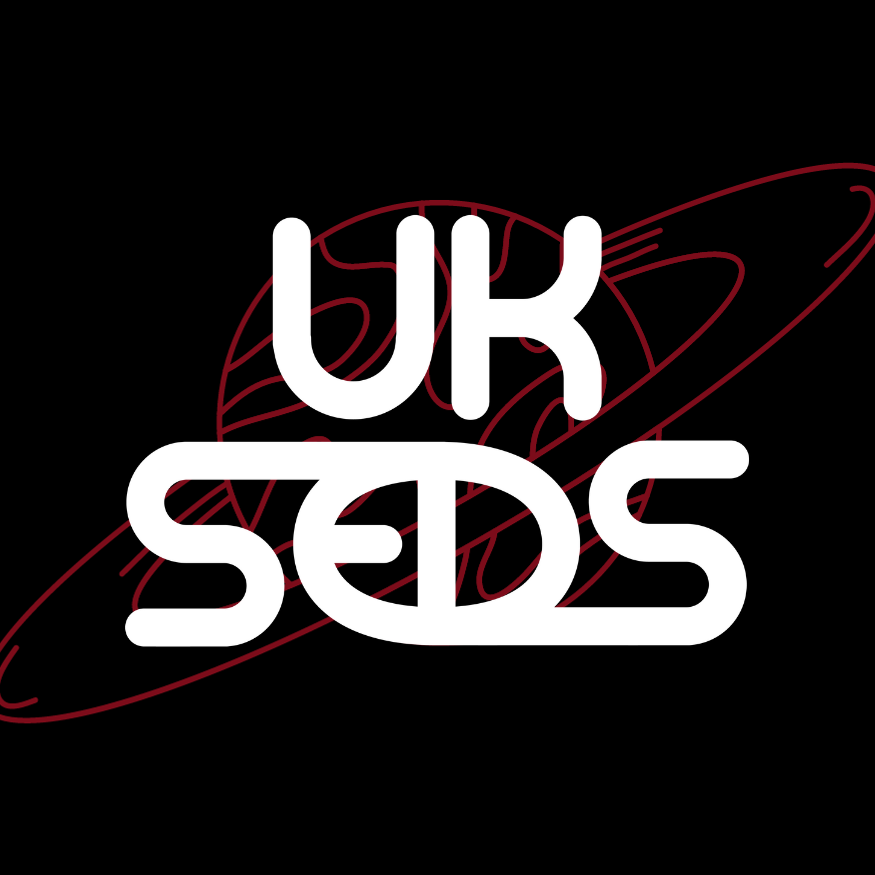
Stewart Hall
Thales Alenia Space
Stewart Hall has over twenty five year extensive technical and business development experience in the Space industry. He began his career in space software design, implementing software projects for many major space programmes. Stewart moved into consultancy and business development roles within the sector. He is currently senior business development manager and deputy head of sales, strategy and marketing for Thales Alenia Space UK.

Craig Leadley
Campden BRI
Craig is a Fellow at Campden BRI where he provides consultancy and training to the food industry and has a major focus on start-up support and on developing industry/academic collaborative research. Throughout his career his technical passion has been new technologies, particularly those associated with food preservation. He has studied, and published on, a wide range of these technologies for the food industry. Most recently, Craig has been involved in two research projects exploring the cultivation of meat from animal cells. One being a desk-based assessment of the feasibility of culturing meat for missions to Mars. He is a Fellow of the Institute of Food Science & Technology, is a former member of its board of trustees and past chair of its food processing special interest group.
Living in Space 101: A Guide to Interstellar Habitation
The UK's Race to Space
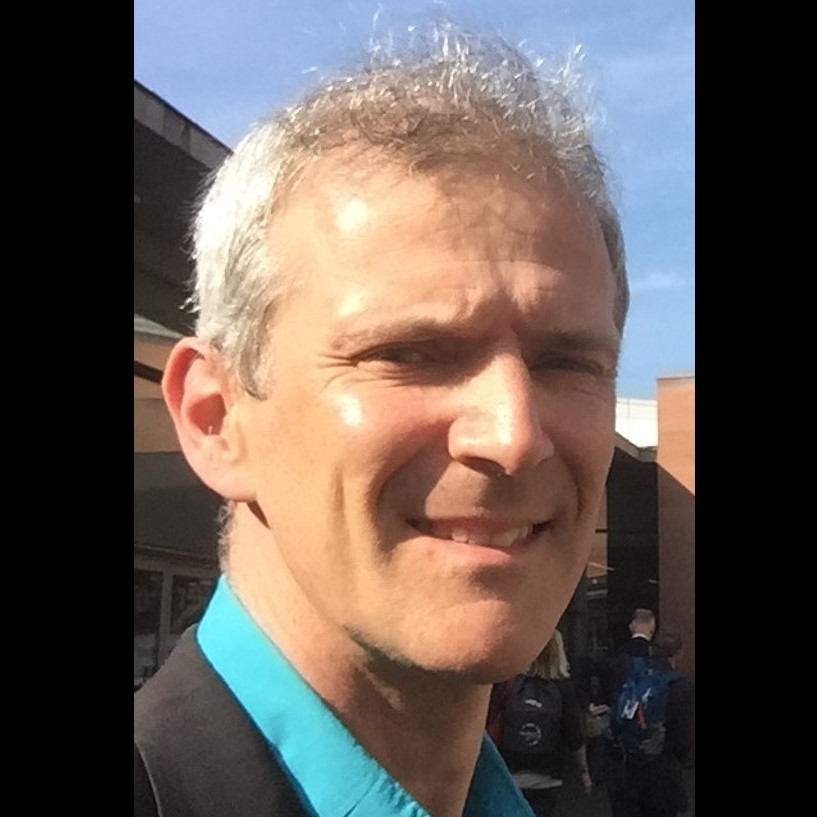
Adam Baker
Rocket Engineering Limited and Cranfield University
Dr Adam Baker is a Visiting Fellow at Cranfield University , responsible for launchers, space propulsion and sustainable space operations . He also runs Rocket Engineering Limited, a space transportation & systems design build & test consultancy, and co-founded AstroMagnetic Systems Limited who aim to bring the Magic of High Temperature Superconductors to space . He worked on the UK’s Commercial Spaceflight Programme as Co-founder and technical director of UK Launch Services Limited between 2017 and 2022; and continues to provide technical licensing and safety support to launch service providers, launch & propulsion technology developers across the UK .
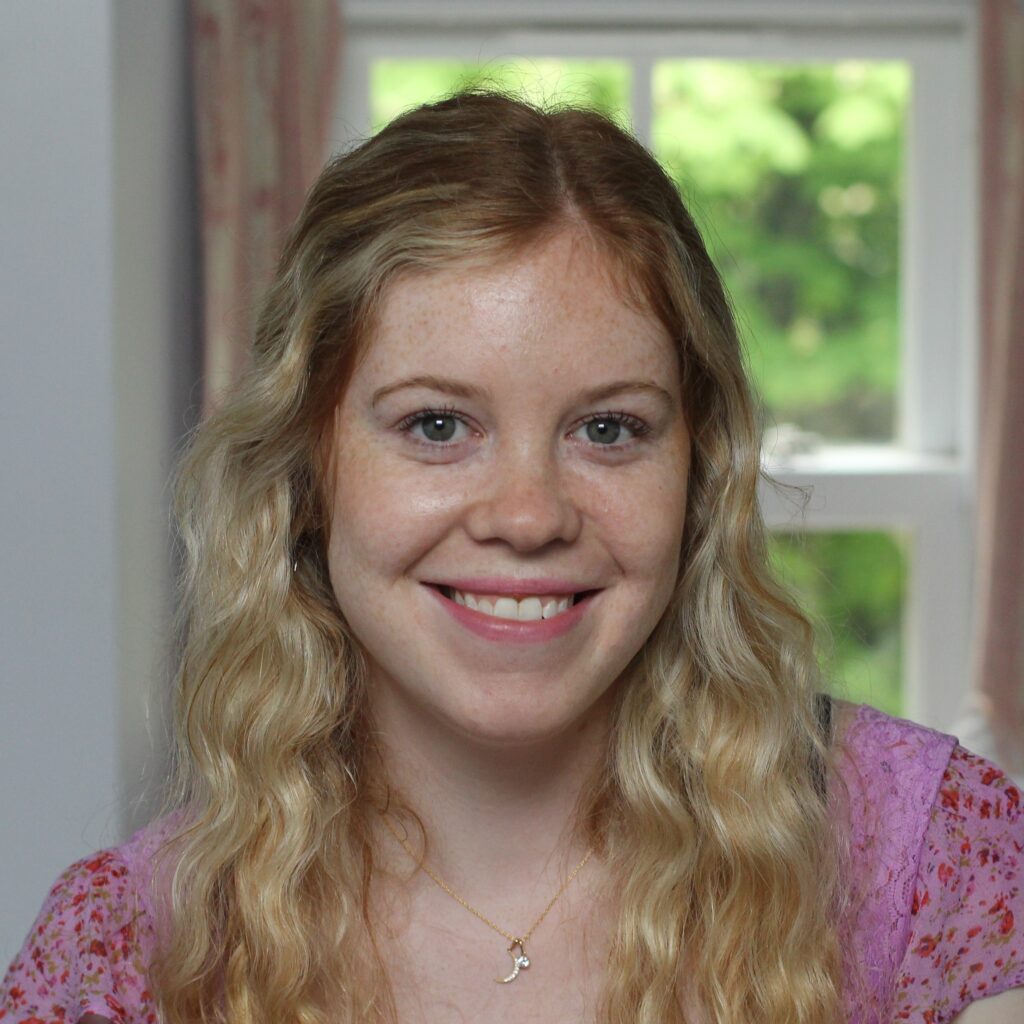
Nickie Finnegan
Skyrora
Nickie is a recent International Business Management and Music graduate of Heriot-Watt University and The Australian National University. Through her exposure to global business environments, she has gained a unique perspective on the Space sector and developed key analytical, digital marketing, and editorial skills to optimise engagement with a diverse range of stakeholders. Nickie currently heads up the communications and public relations department at Skyrora Limited, where she spearheads Skyrora’s business objectives and raises awareness of the company’s mission to reach orbit through developing and executing Skyrora’s external communications strategy.
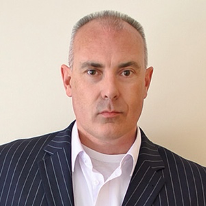
Jeremy Howitt
Snowdonia Aerospace
Jeremy has a 35-year career in aerospace research, development, test and evaluation (RDT&E). He is a former Assistant Technical Director for Aerospace Systems at QinetiQ, a Royal Aeronautical Society Team Gold Medal winner, and a Royal Academy of Engineering Visiting Design Professor. Jeremy is now Technical Director at Snowdonia Aerospace supporting novel aerospace and space flight testing. The Snowdonia Space Centre is differentiated from other UK Spaceports by providing a flexible and multi-use campus that supports space-related RDT&E and is developing a suite of ground and flight test facilities that will open to the UK Space industry from March 2025.
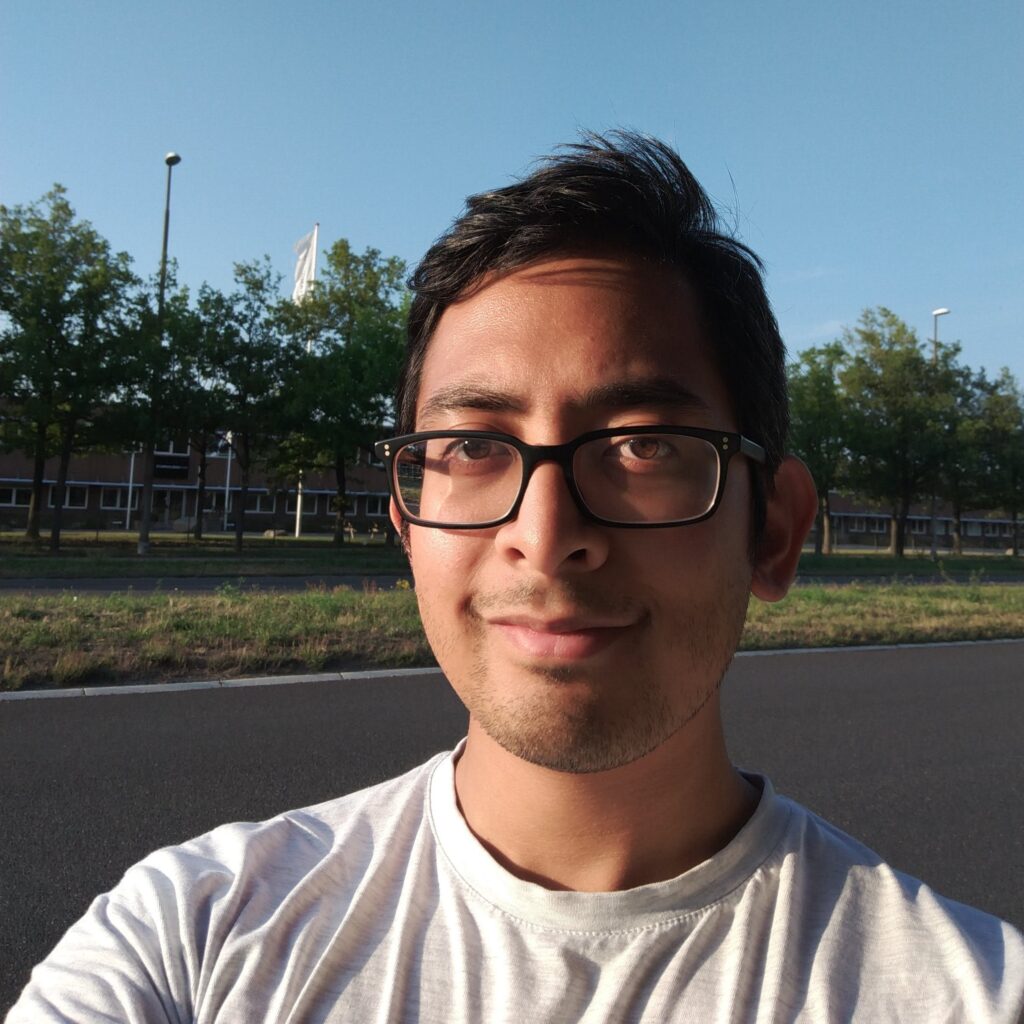
Ranji Gogoi
Civil Aviation Authority
Ranji Gogoi is a Space Systems Engineer at the UK CAA. He has been with the regulator for 8 years in various roles such as Space Regulation and Airworthiness. He was the Lead Engineer for Spaceport Cornwall and is passionate about student rocketry competitions such as Race2Space. He completed his Bachelor’s at Kingston University before joining Orbex as a propulsion intern and going on to complete his MSc at Cranfield University. He now spends his time trying to convince his colleague to show him the Macarena.
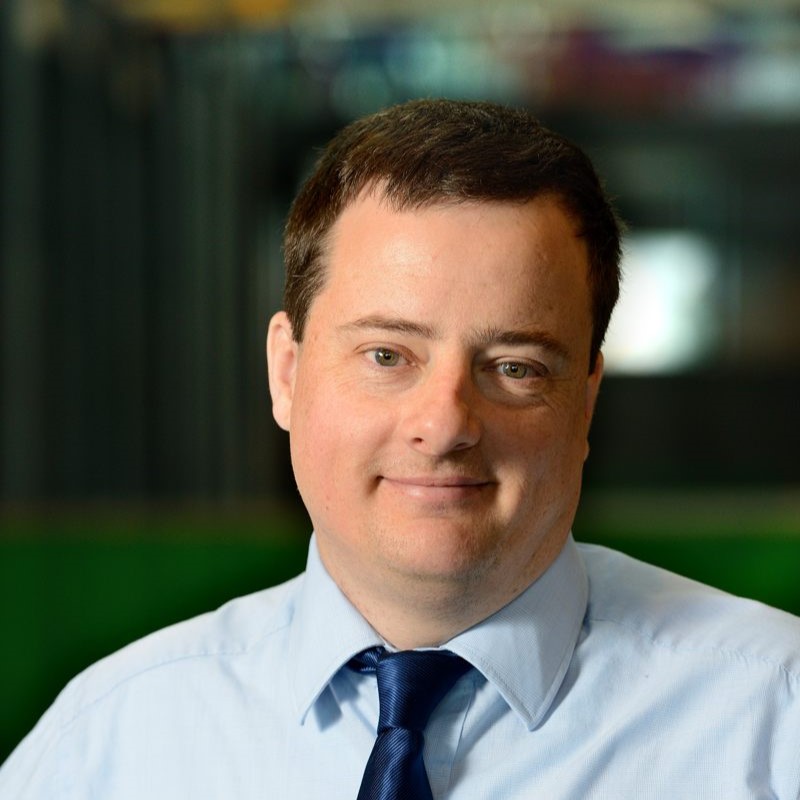
Dr Martin Heywood
Newton Launch Systems
Martin Heywood has been involved in the space sector for over 25 years and is now a Director of a small space technology and testing business. During his career Dr Heywood has mixed technical development with commercial and market-oriented activities including three separate studies into the commercial feasibility of satellite launch from the UK. He is currently leading the technical efforts to develop green satellite propulsion using nitrous oxide propellant, while setting up a new commercial test facility at the Snowdonia Space Centre. He still finds time for amateur rocketry and is a fellow of the British Interplanetary Society.
Daria Filichkina
COO
AstroAgency
Workshops and skill sessions
Register to take part in our workshop sessions today!
Living on Mars/Clinical Trials
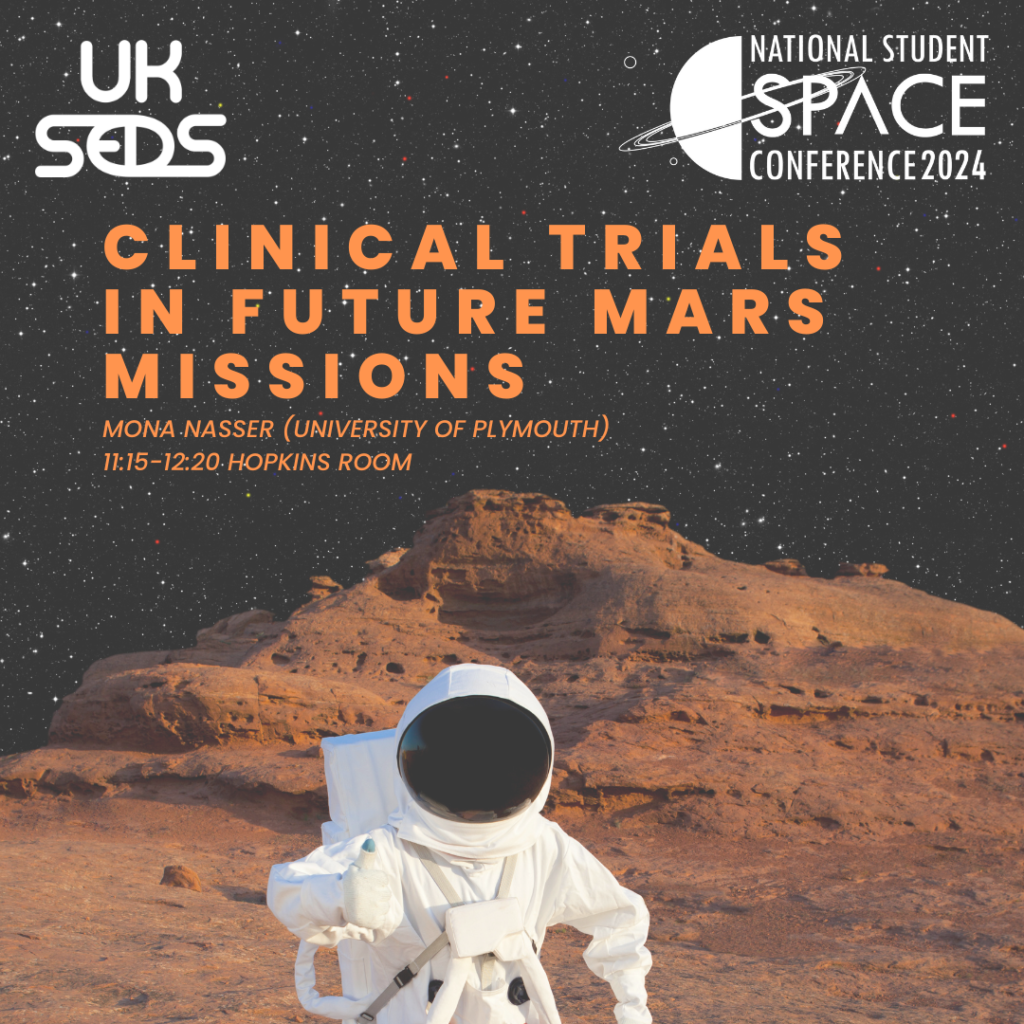
Mona Nasser
Prof. Mona Nasser, trained in dentistry, clinical epidemiology, public health, and astrophysics, is a Professor in Clinical Epidemiology and Oral Health Research and the Director of Plymouth Institute of Health and Care Research (PIHR). She collaborates with the Space Medicine Team at the European Space Agency, conducting systematic reviews on the impact of ionizing radiation on human biology. Also, a visiting fellow at the Berlin Institute of Health/QUEST Centre, Prof. Nasser focuses on refining systematic review methods for in-vitro research. She co-leads and founded the Metafuturism lab, organizing workshops that co-create alternate futures, integrating scientific methods, uncertainty, societal issues, and environmental challenges (www.monanasser.org).
This workshop employs an immersive sci-fi approach to involve participants in reconsidering how we approach clinical trials for future interplanetary missions. Based on the MetaFuturism lab methodology, it integrates concepts related to scientific methods, uncertainty in scientific knowledge structures, societal issues, and environmental challenges. While established patterns exist in scientific research methods, MetaFuturism aims to prompt participants to creatively rethink these paradigms in light of unfamiliar dynamics in future problems. This engaging event encourages participation, reflection, and the creation of innovative approaches to the future of clinical research, promising a enjoyable and insightful experience for all involved.
www.metafuturism.net
Rocketry Skills & Recovery Systems
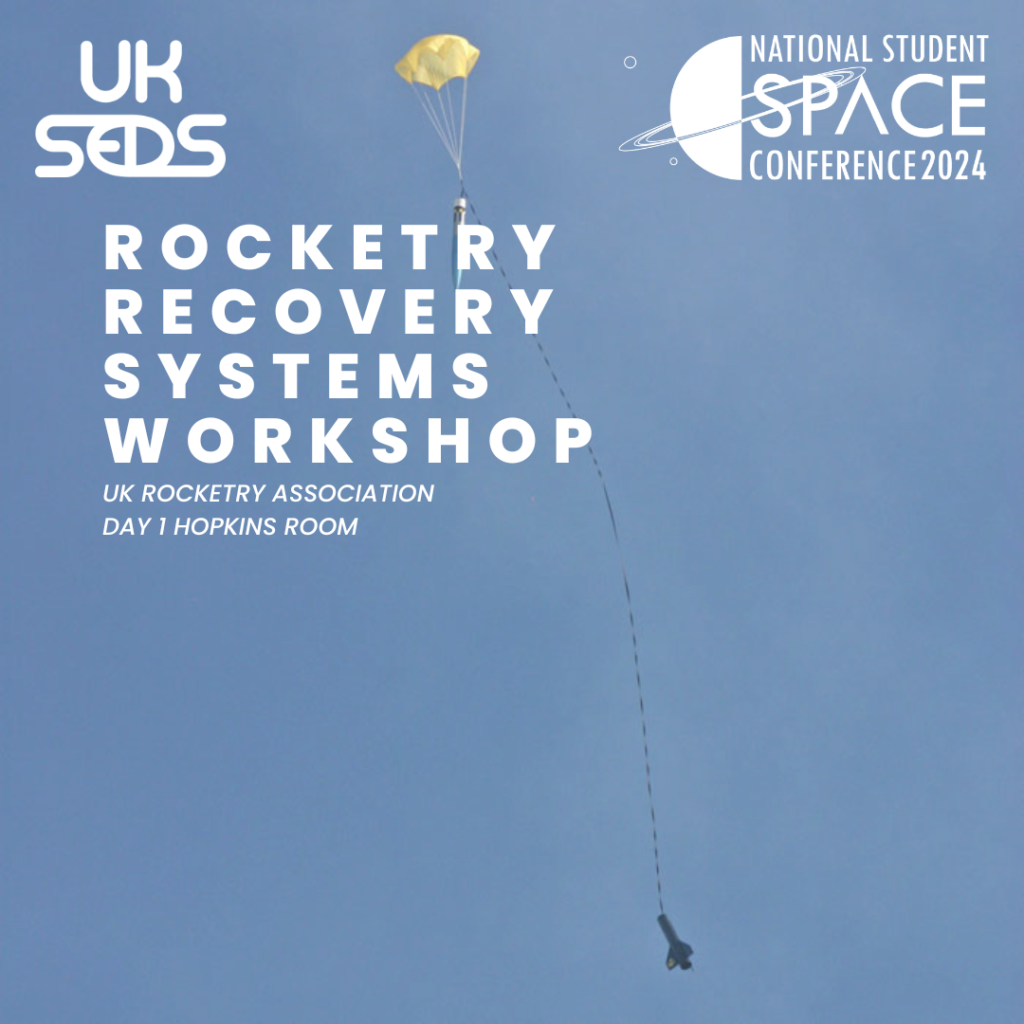
United Kingdom Rocketry Association
The United Kingdom Rocketry Association (UKRA) promotes and represents high power, medium power and model rocketry in the United Kingdom for amateur research, educational and recreational purposes. UKRA is also the specialist technical body to the BMFA with responsibilities for High Power Rocketry. This year, UKRA are supporting both UKSEDS’s National Rocketry Championship and Mach24.
Embark on a thrilling journey into the world of rocketry with the United Kingdom Rocketry Association’s (UKRA) Rocketry Skills Workshop! Tailored for students gearing up for the UKSEDS National Rocketry Championship and the adrenaline-pumping Mach24, this workshop promises to equip you with the essential skills needed to navigate the challenges of high-powered rocketry.
Our experts will guide you through the common pitfalls that students encounter each year, offering invaluable insights into how to avoid these pitfalls and elevate your rocketry game. From mastering recovery mechanisms to understanding the nuances of model rocket design, participants will gain a comprehensive understanding of the intricacies involved in becoming a Rocket Scientist!
Don’t miss this opportunity to elevate your rocketry skills and stand out in the world of high-speed competition. Blast off into the exciting realm of rocketry with the UKRA Rocketry Skills Workshop – where innovation meets NRC and Mach24 mastery!
Innoforge Interview Preparation
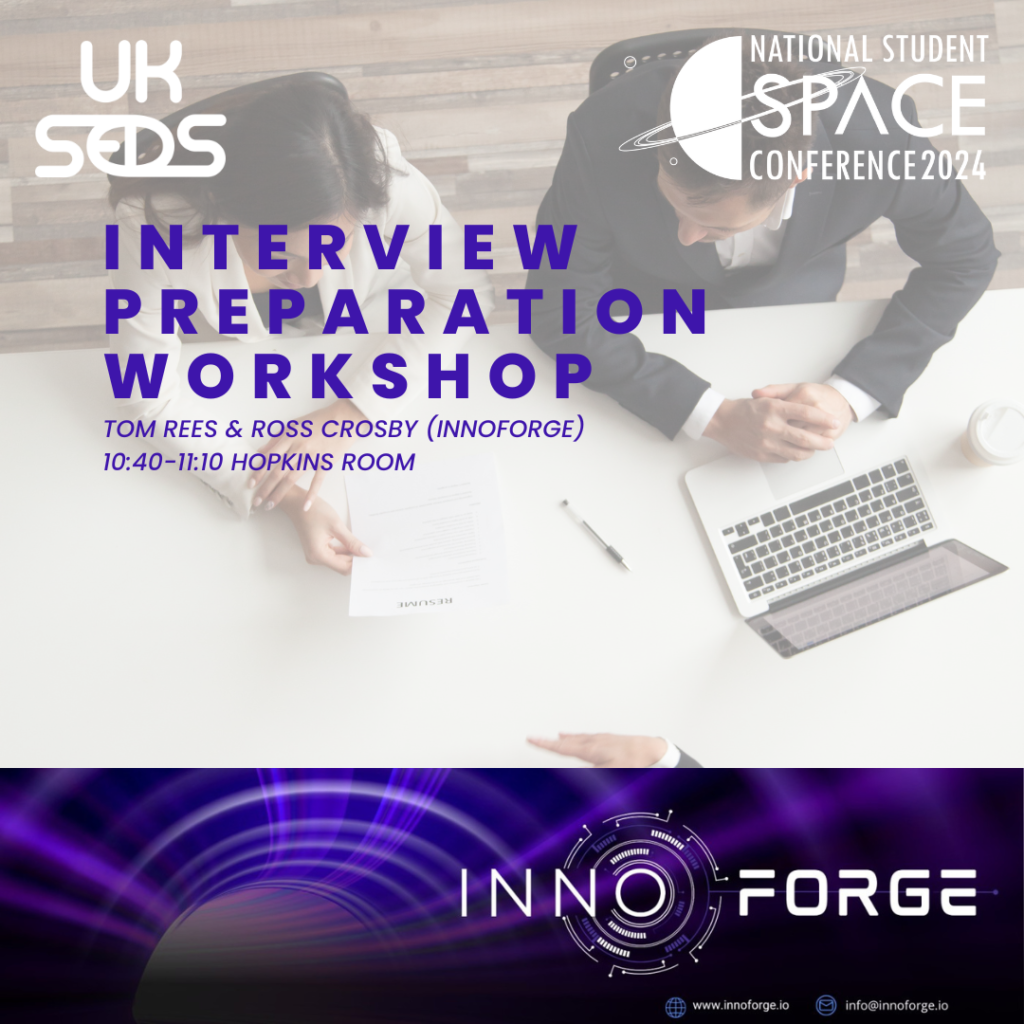
Innoforge
InnoForge was founded by two renowned recruitment professionals, with proven track records in helping companies attract, develop and retain the right individuals.
Innovators: Whether you’re just starting or looking to advance your career, InnoForge is your partner in finding opportunities that align with your skills, aspirations, and values.
Educational and Training Institutions: We collaborate with educational bodies to nurture the next generation of talent, ensuring a continuous stream of skilled and educated professionals in the sector.
InnoForge will be providing some industry insights into what leaders within the Space Sector look for in interviewees, They will provide you with some hints and top tips of how to stand out in online or face to face interviews and answer any questions you may have.
Your Skills = Your Future in Space !?
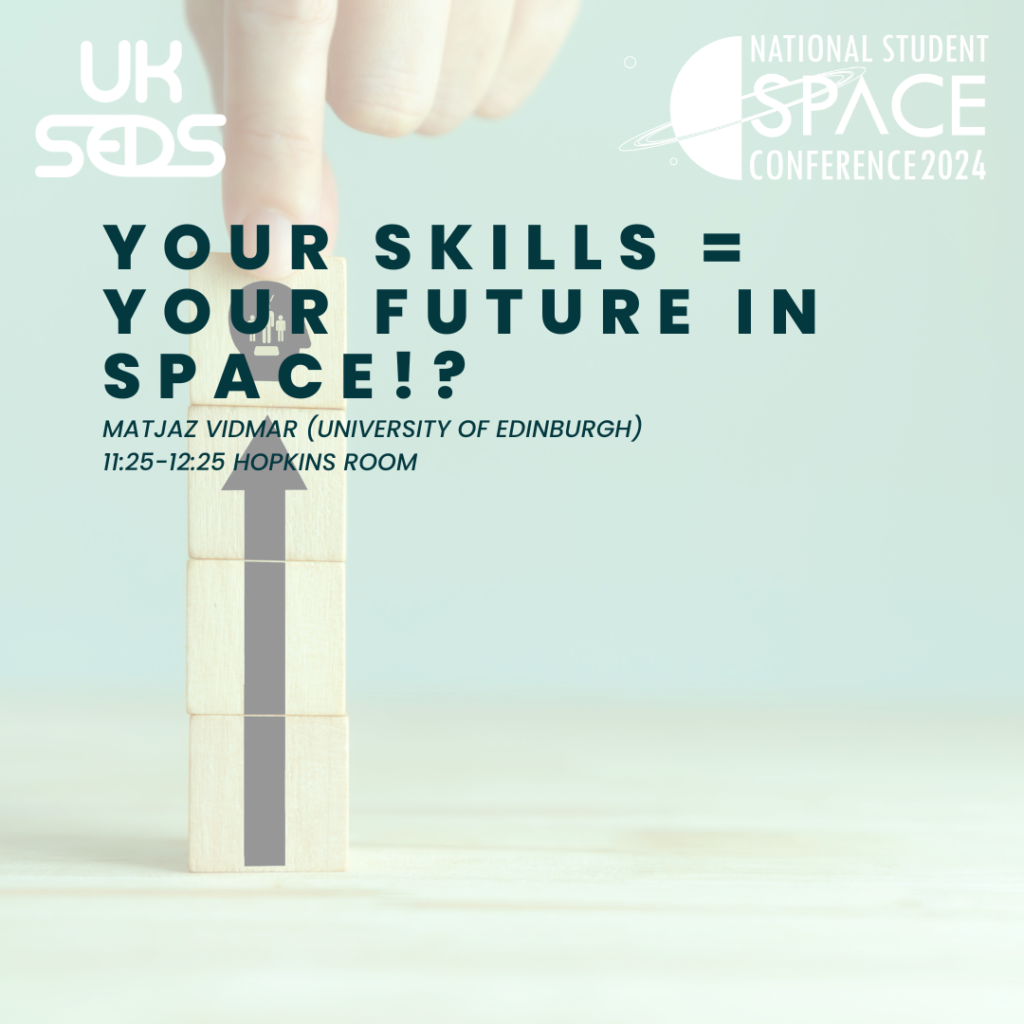
Matjaz Vidmar
Dr Matjaz Vidmar is Lecturer in Engineering Management at the University of Edinburgh and Deputy Director of the Institute for the Study of Science, Technology and Innovation. He is researching innovation processes, R&D (eco)systems and futures strategies and design, working in particular with the satellite and space data industry and artificial intelligence. He is also involved in many international initiatives to develop the future of these fields, including several start-up companies and an extensive public engagement programme on interplay of STEM, arts, and futures literacy. More at www.blogs.ed.ac.uk/vidmar
What are space companies looking for when recruiting new staff? How do I make the most of my skills? How can I shape what my job and career may look like in the future?
In this hands-on workshop, we will be examining the jobs and skills of the future and how to make sure you help shape them, as well as have a fulfilling career.
We want to hear from you as to what you would like your ideal space job to look like and what training and experience you have, or require to obtain, to make this a reality. We will also share some insights and practical tools and tips from research and practice.
This workshop is part of the Future-proofing Skills Development within the Developing a Sustainable Scottish Space Sector cluster programme, funded by the UK Space Agency.
Rocketry & Satellite AI Simulations With Python
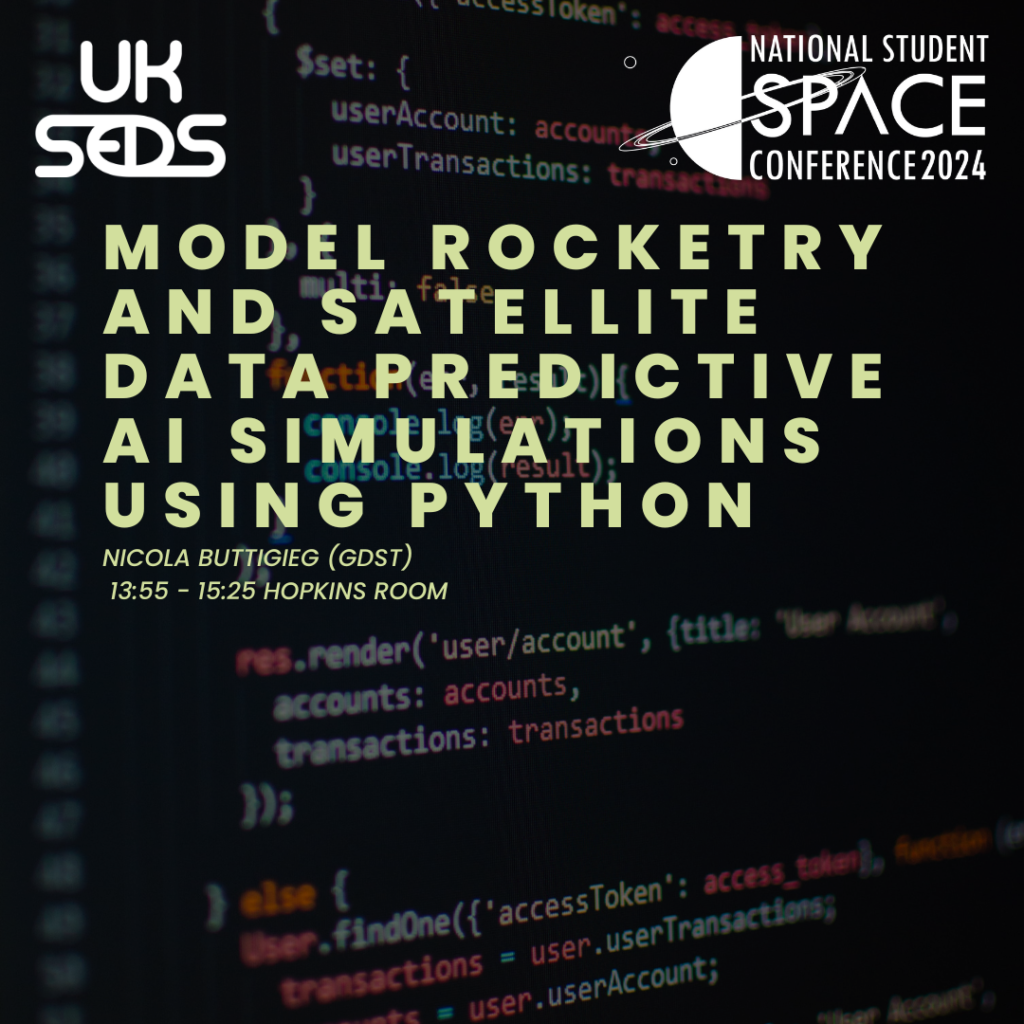
Nicola Jane Buttigieg
Nicola leads the GDST Space Technology Diploma and recently completed the Developing AI Applications course at Oxford University’s Department for Continuing Education. She is a Royal Society STEM Partnership Grant recipient, pursuing computer science curriculum goals in Space Technology, encompassing computer vision, aerospace design optimisation, quantum machine learning and Earth science data AI. With over 20 years of experience in the education industry, Nicola has recently provided upskilling outreach at Staffordshire University London and Boston University Spark Innovation and Experiential Learning Lab. She was a nominee for Mentor of the Year at Aviva’s Women of the Future Awards in 2022.
This workshop, hosted by Nicola Buttigieg will be an engaging and practical exploration of Python applications in aerospace, model rocketry, and machine learning.
The workshop will focus on Python packages such as GPkit for aerospace optimisation, OpenCV for computer vision in environmental imaging, RocketPy for model rocketry design and 3D trajectory simulation, SciKit-Learn for machine learning AI, and QisKit for quantum machine learning. The session will include short talks introducing these packages, followed by interactive demonstrations in Google Colab, providing you with tangible examples drawn from real-life projects conducted in collaboration with universities, NASA, and other industry partners. Additionally, the workshop might feature a unique opportunity for a live roundtable conversation with NASA and RocketPy software developers on the cutting-edge applications of coded AI automation in aerospace device optimisation and satellite data analysis. The 30-minute roundtable will delve deeper into the intricacies of AI automation in aerospace and satellite data applications, providing a valuable opportunity for participants to engage with experts in the field.
To fully participate in the workshop, you will need a laptop and access to Google Colaboratory, preferably through the Google Chrome web browser. The entire session, including both the workshop and the roundtable discussion, may be recorded for those unable to attend or for future reference.
CV Workshop & Speed Networking
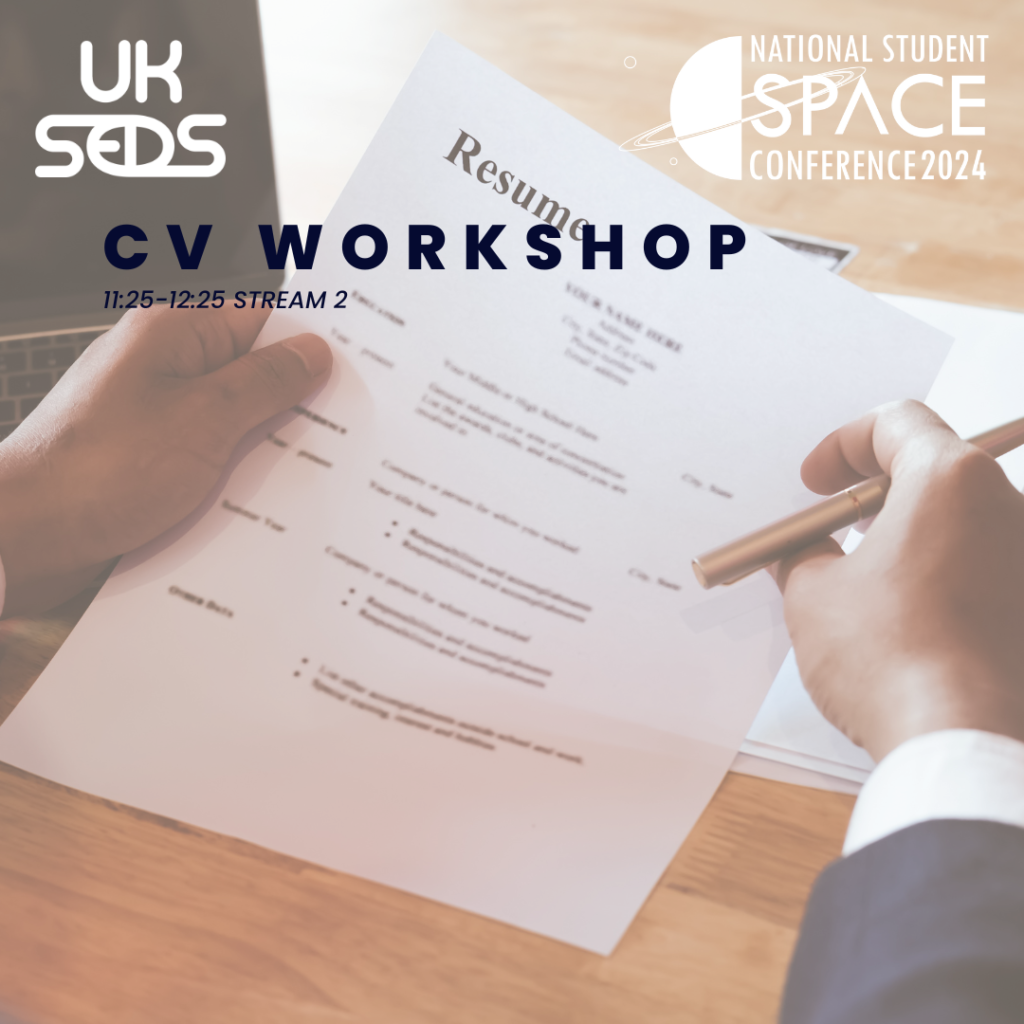
NSSC Sponsors & Exhbitiors
Boost your job prospects and make valuable connections in the space industry with this workshop open to all attendees
Learn from experts on how to write a standout CV, and then put your skills to the test in our speed networking session. Meet industry professionals and connect with potential employers. This is a must-attend event for anyone looking to take their career in the space sector to the next level.
Poster sessions
If you’re grabbing a coffee on your morning break, why not come and visit the poster exhibition in humanities! UKSEDS members will be presenting projects they have been involved in this past year.
Learn more about the work teams have completed taking part in UKSEDS competitions, for their projects and their industry internships.
Team Odysseus, consisting of 10 University of Bristol and BristolSEDS students, represents the university’s inaugural entry into the advanced stream of the Olympus Rover Trials competition. The team’s goal is to develop an innovative reconnaissance rover tailored for Mars cave exploration, aiming to excel in all testing areas of the competition. The rover’s functionalities include navigating dimly lit environments, providing visual feedback to operators, precisely drilling targets with its end effector, emerging from caves for solar cell charging, and transmitting data. The team’s design philosophy revolves around three key pillars: optimizing the precision of the robotic arm for drilling operations, enhancing resilience to rigorous vibration testing, and strategically integrating automation to minimize human intervention. Having completed the conceptualization and preliminary design phase, the team is currently engaged in prototyping and testing various subsystems such as the arm, solar panel deployment, wheels, chassis, electronics, and the communication systems. As the team continues the iterative process of prototyping and testing to refine the design, the next milestone is the critical design review, which will precede the official commencement of the rover build.
In an area of continuous technological advancements, the prospects of colonizing other planets, particularly Mars, has never been more tantalizing. Mars habitats are pseudoisolated systems, with strict requirements of occupancy, mass and energy. The thermoeconomic model proposed in this thesis provides a versatile tool of comparison between different habitat designs and mission specifications. The lack of resources and the environmental constrains make the study of these type of habitats complex. Hence, the necessity for assumptions and compromises, notably regarding parameters like temperature, humidity and pressure. This work introduces ARHS , a novel software tool for thermo-economic analysis of potential habitats at Arcadia Planitia, location on Mars, providing output reports. The research and analysis of the habitat system are split in three main categories which are life support systems (Oxygen/Carbon Dioxide levels), power generation/consumption (electricity, heating) and human factors (physical/mental limits). The categories are then split into classes; flows, systems and controllers which make the Object-Oriented Programming (OOP) used by the software more convenient. The aforementioned categorisation and classification are vital for the analogous representation and comparison of different mission or habitat inputs. By offering distinct outputs, ARHS enables a straightforward selection of the a most fit for purpose habitat for the mission or most suitable mission for the habitat. To ensure the precision and reliability of the code, extensive verification has been contacted, drawing data from analogue astronaut missions. ARHS empowers users to compare inputs and determine the best expedition, in manners of either habitat or mission parameters, based on either cost and resources. This groundbreaking software represents a leap forward in space expeditions, providing reliability, precision and much-needed standards. It simplifies the selection of missions and habitats based on their features and user requirements. Furthermore, by harnessing machine learning techniques, it can evolve from a comparison tool to an optimisation tool, creating a valuable database for future space endeavors.
This study investigates the use of KU’s ECT system for data collection during hybrid rocket engine test fires. The project focuses on conducting cold and hot flow tests with varying bore sizes of the fuel grains to capture ECT data. This data is then to be compared with other sensor readings to establish the ECT systems’ capability in providing insights into the internal dynamics of hybrid rocket propulsion.
A cubesat mission to map urban heat islands for sustainable city planning.
This poster presents a concise overview of the Systems Model Report for a technical space mission. It covers mission design objectives, payload specifications, and detailed analyses of mass and power budgets. The report includes trajectory planning, propulsion mechanics, communication systems design, ADCS specifications, structural integrity, and thermal control strategies. A comparative study of potential launch vehicles based on technical parameters is also featured. This model serves as a blueprint for designing and executing a highly efficient and technically sound space mission.
Vortex generators represent highly effective passive flow control devices aimed at enhancing the aerodynamic efficiency of a wing. Previous research has delved into optimizing vortex generators (VGs) based on factors such as VG position, level, skew, twist angles, height, and chord of the aerodynamically shaped VG. However, there has been limited exploration concerning the parametric study on the cross-section of the aerodynamically shaped VG and its tumble angle. Building upon the groundwork laid by researchers at KTH in devising aerodynamically-efficient VGs for enhancing the lift performance of a flying-wing UAV through computational fluid dynamics, this study focuses on a specific optimized Vortex Generator profile constructed from the S1233 aero foil profile. The normal configuration is computed based on the boundary layer thickness, δ, with a 0.15 ratio of upper surface to lower surface, a chord (c) of 47.33 mm, maximum thickness (t) of 9 mm, and a height (H) of 35 mm. Three different tumble angles (ρ) of 0°, 15°, and -8° are applied to this VG. The VG is then aligned in two conditions: Co-rotation and Counter Rotation, each with four different skew angles (β) of 0°, 5°, 13°, and 20°. In co-rotation, the periodicity (D) is set at 146.58 mm, while in counter rotation, the pair spacing (λ) is 76.3 mm, and the periodicity (D) is 172.9 mm. Figure 3 illustrates the periodic arrangement of the vortex generators. Subsequently, the vortex generators are affixed to a zero-pressure-gradient flat plate (1100 mm x 600 mm x 10 mm) for a detailed examination of the flow field. Particle image velocimetry measurements are employed to unravel the vortex dynamics and interactions between pairs of vortex generators and the turbulent boundary layer at various arrangements. This investigation aims to shed light on the ability of these vortex generators to control and enhance aerodynamic performance when applied to a wing.
CubeSat nano-satellites have emerged as a cost-effective solution for swiftly deploying payloads into orbit, owing to their lightweight design and utilization of common components such as the PyCubed motherboard and battery board. These components, known for their open-source programming and modular design, contribute to the popularity of CubeSats within the space exploration community. However, the susceptibility of CubeSats to mechanical failures resulting from intense vibrations and shocks presents a significant challenge, with a failure rate estimated at 40%. In response to these challenges, this dissertation project (conducted by a 3rd Year Mechanical Engineering student at Northumbria University) aims to address the reliability and durability of CubeSat nano-satellites through a multifaceted approach. Firstly, an analysis of past mission data and consideration of material science, vibrations, and control engineering principles will be conducted to better understand the underlying causes of failure. Subsequently, a Highly Accelerated Lifetime Testing (HALT) program will be developed to efficiently identify failure modes and improve reliability. By systematically addressing these issues, this project seeks to discover the modes of failure of PCBs within the CubeSat through rigorous vibration tests, mathematical and program-based analysis, so then we can have a baseline to establish, so that we may begin to improve the design of the satellites in terms of durability and sustainability.
What will be the future of continuing treatment? How can space technology elevate our current methodology in treating lifelong conditions? Science fiction often presents the use of orbital human satellite habitats as either utopic or dystopic, being light concerning a practical use. Utile medical applications in zero-gravity have fundamentally been researched-based, largely in pharmacology, with the complete absence of findings on numerous common conditions due to the nature of restricted access to orbit. Considering space commercialisation and easing of travel, the effect of zero-gravity on patients suffering from limited mobility symptomatic diseases presents a unique question. Current predictions are that zero-gravity environments would greatly benefit a significant number of these diseases. We argue that such a positive impact would be a key component of humanity’s relationship with orbital structures and the future of the wider space-medical field. We theorise a possible use case for these habitats concerning ongoing care, specifically in the treatment of patients with chronic rheumatological conditions. We have conceptually and graphically created a realistic form of one of these space clinics, diving into the technology used in each step from launch, assembly, and functioning. In our research, we inquire about the missing components, if any, and the feasibility of such structures. We present a possible advancement in treatment and aim to clarify the financial sustainability of these clinics. Our research results illustrate that: 1) the limited medical research and theories available indicate that such zero-gravity clinics provide a sufficient improvement for the quality of life of patients suffering from chronic rheumatoid arthritis and the viability of earnest investigation, 2) that the technology at our disposal is sufficient for the construction of these orbital clinics, and 3) the combination of the decreasing cost of space travel and demand indicates this is a propitious use case for permanent orbital structures.
Asclepios is an interdisciplinary student association with the goal of enabling analog space missions, offered exclusively by students for students. The goal of the project is to design an analog space mission a year, with the peculiarity of being the only international student-led analog mission worldwide.
AccoA CubeSat has been funded to investigate the effect of stellar flares on exoplanet habitability around M-dwarfs, the smallest, faintest and most prevalent stars in the universe. The flares will be detected via UV spectroscopy and will expand observations in the relatively limited UV domain. The spectrometers used in this satellite will be subjected to the LEO orbit’s harsh thermal, requiring a careful examination of their thermal performances. A setup combining a thermally-controlled breadboard, an Arduino board and several temperature sensors (DS18B20) were used to record the heat conduction pathways through the instruments, ascertain the dark current (DC) noise response at various selected ambient temperatures and determine the internal temperature generated by the spectrometers. Additionally, a thermal model of the entire CubeSat was built using a nodal network-based algorithm that represents the thermal system as a group of nodes, where each node is a specific location at which the temperatures and heat fluxes are calculated. Results indicated a ~7-10°C increase generated by the internal components. Furthermore, the dark current exhibited an anticipated decrease in noise with decreasing temperature. Finally, the thermal models yielded predicted temperatures in accordance with the expectations set by the CubeSat’s thermal design. These findings not only suggest optimal temperature conditions for the spectrometers but also offer insights for managing reduced dark current noise, enabling clearer spectra. The thermal simulations served as a verification tool for the satellite’s desired thermal design. Overall, this project contributes to a wider preliminary stage of thermal design for the CubeSat and help indicate the appropriate conditions for running the spectrometers.rdion Content
NSSC 2024: Exhibiting organisations & sponsors
Platinum Sponsor

Gold sponsors
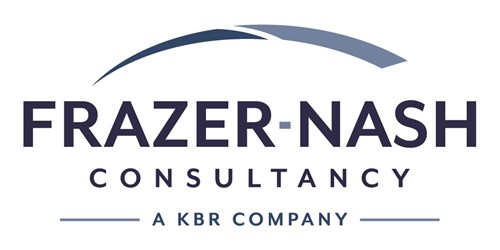

Silver sponsors
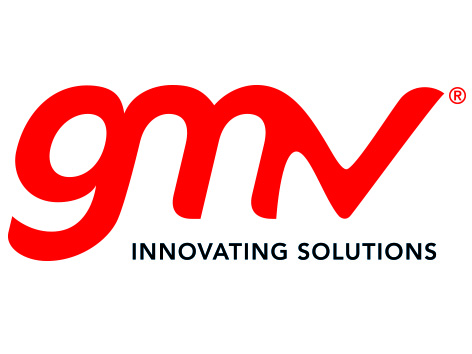


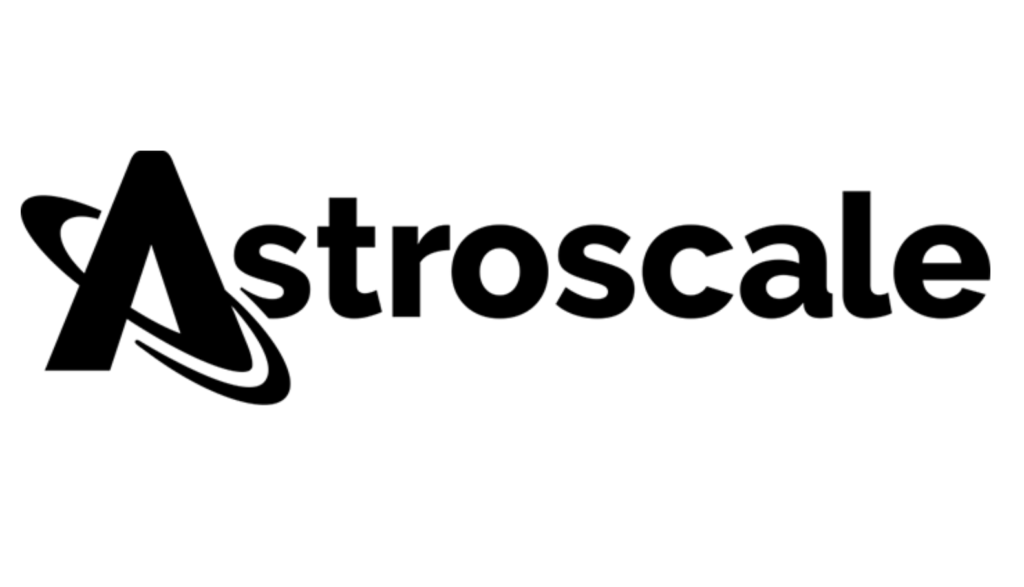
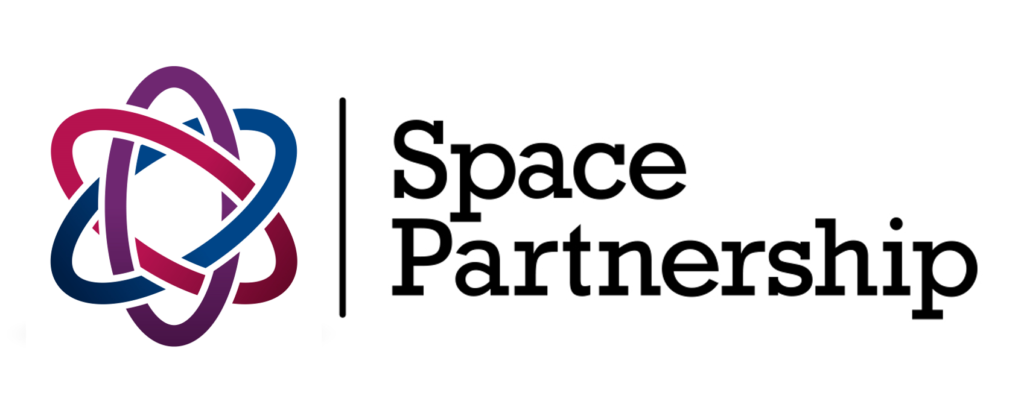
Bronze sponsors
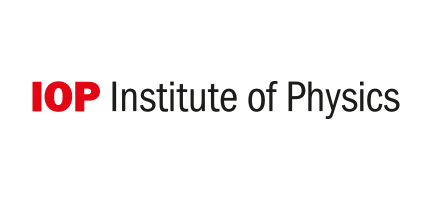
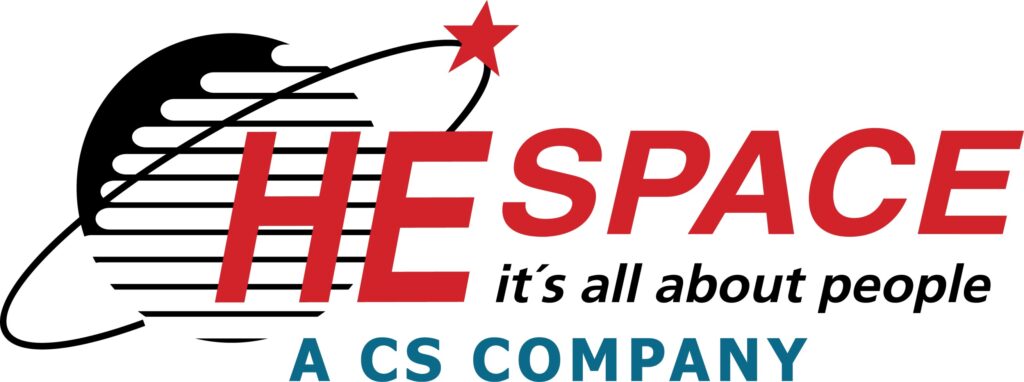
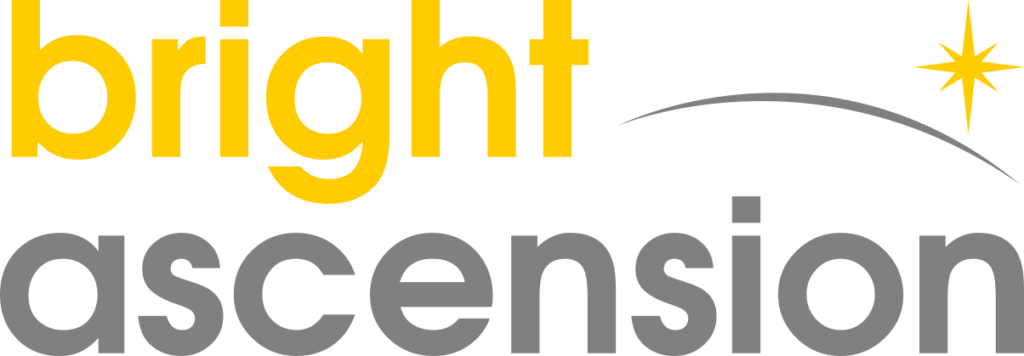

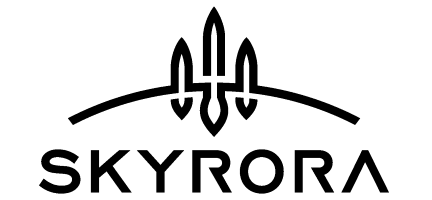
Startup Sponsors and Supporters

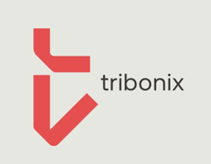

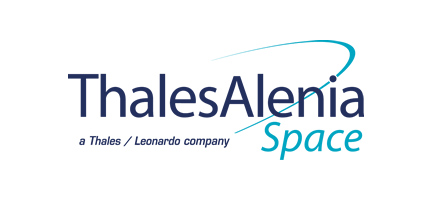

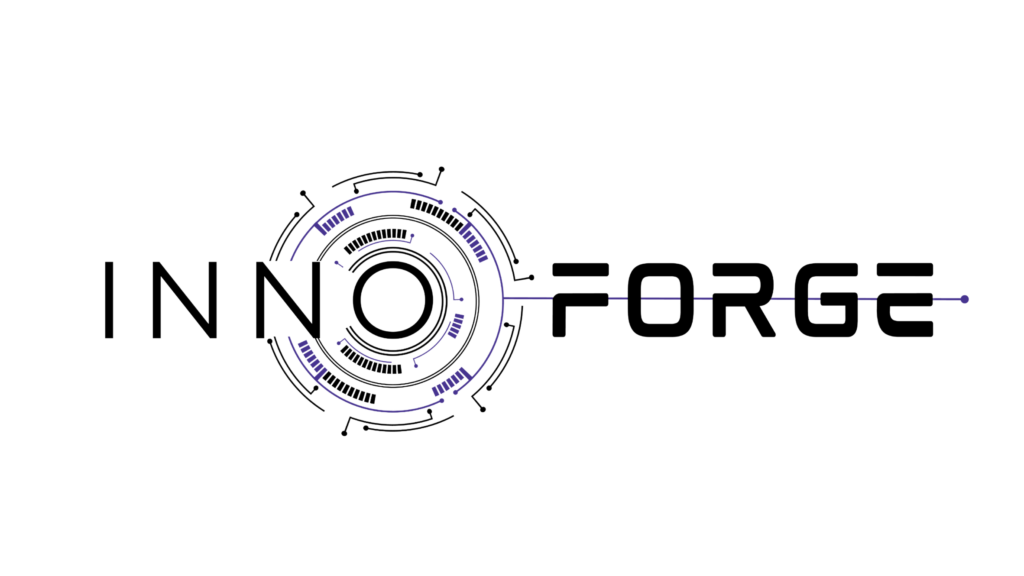



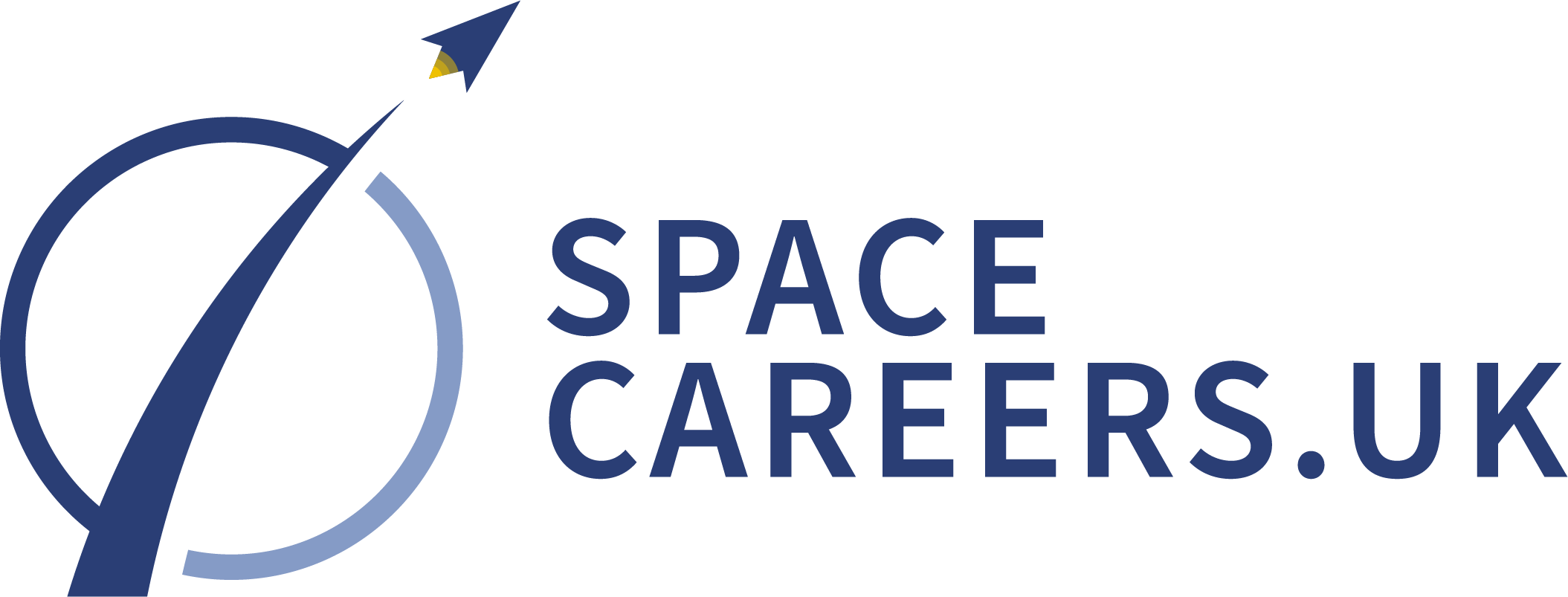
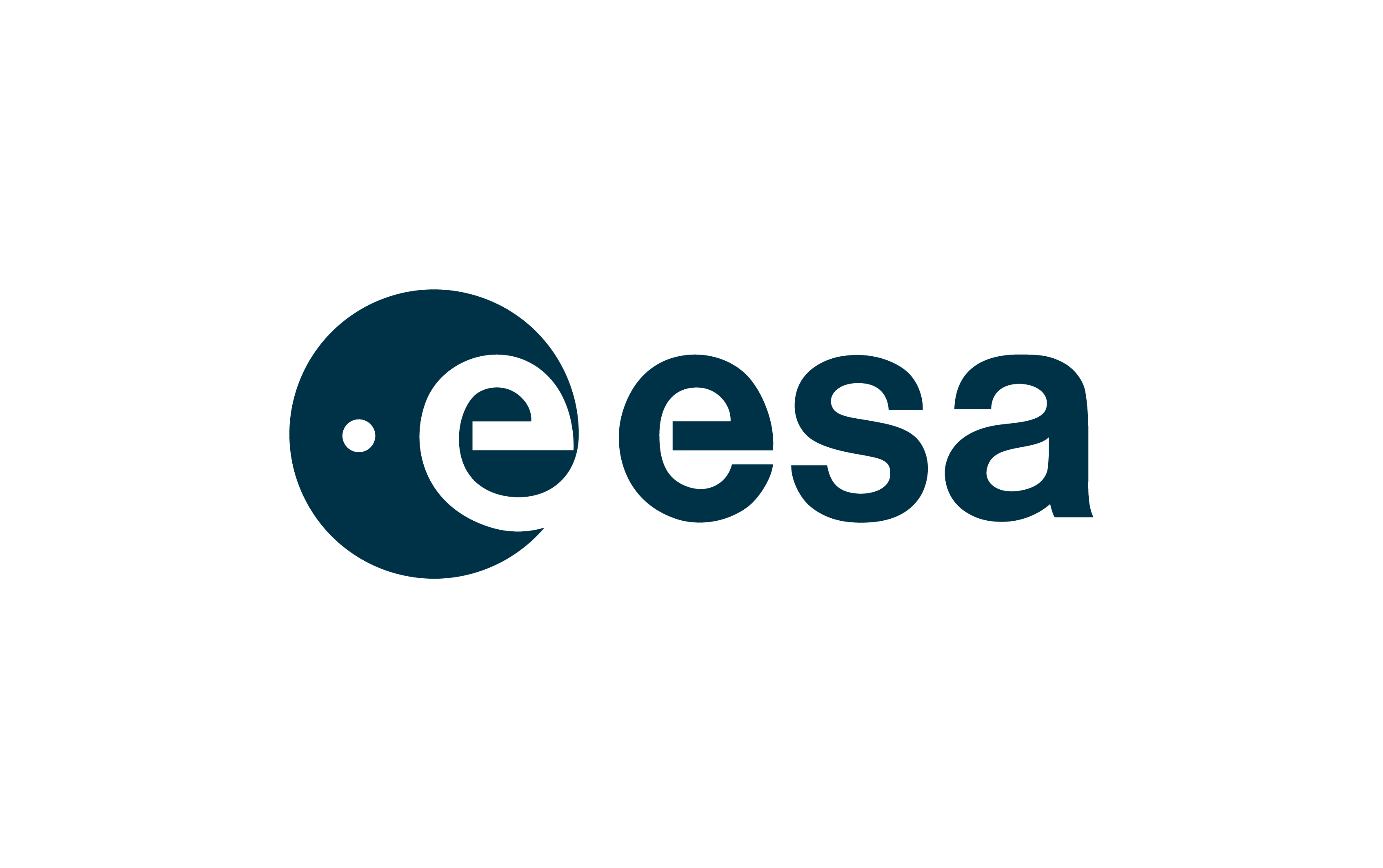
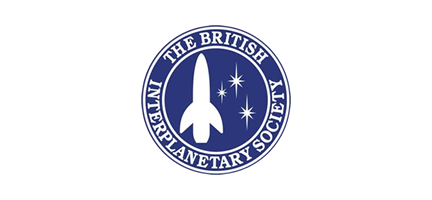

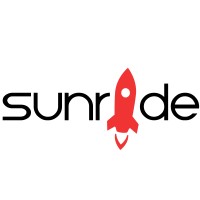


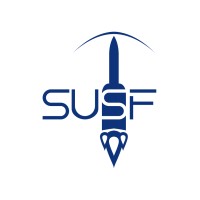
Local hosts
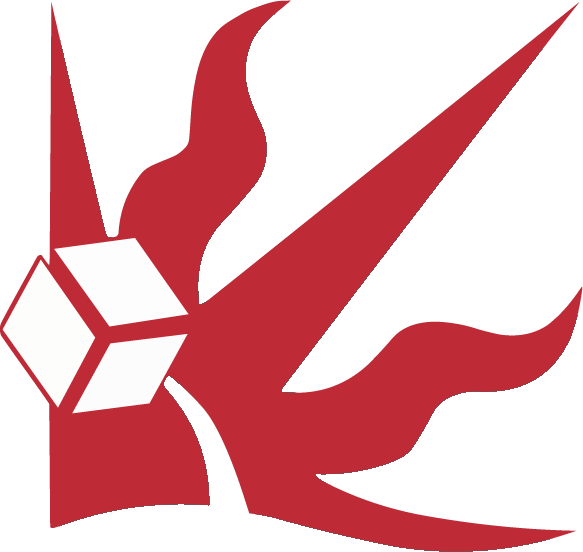

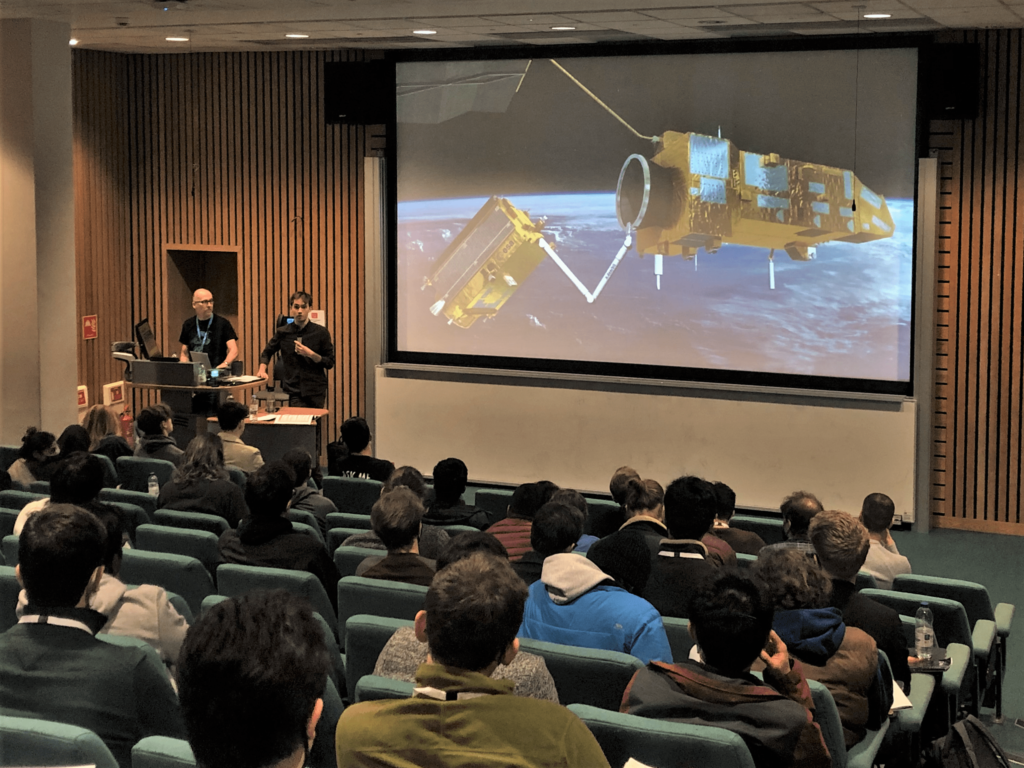
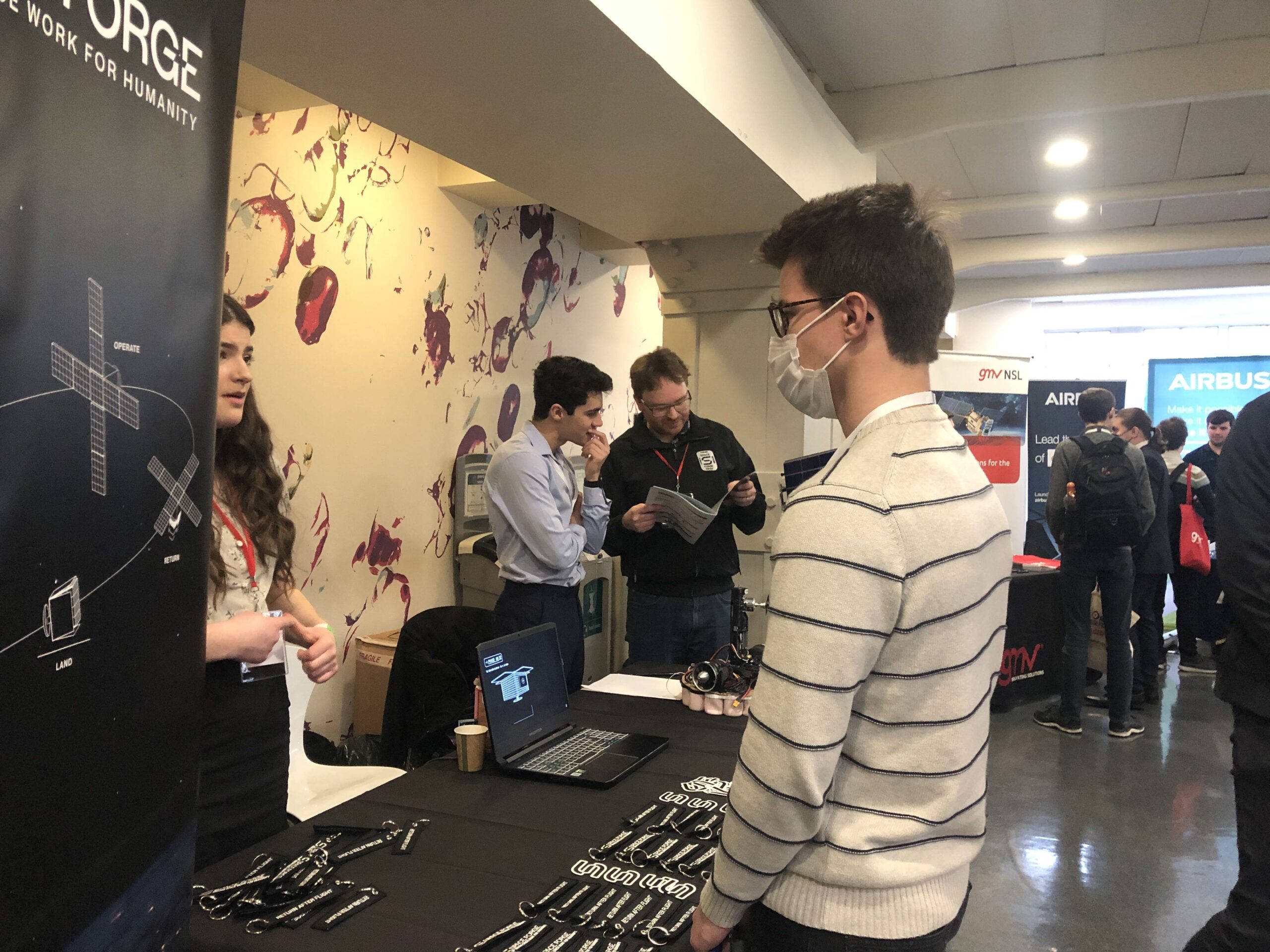
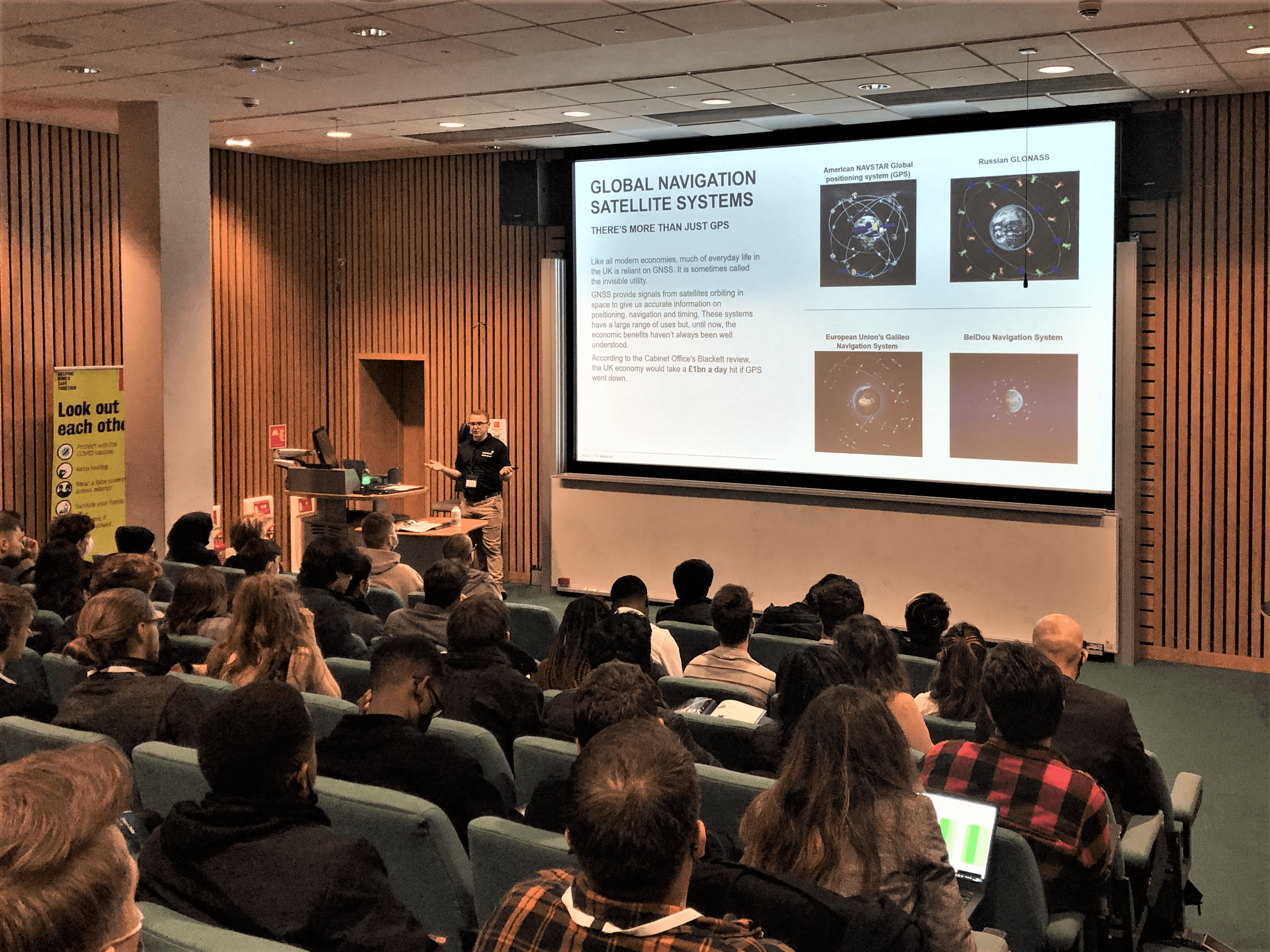
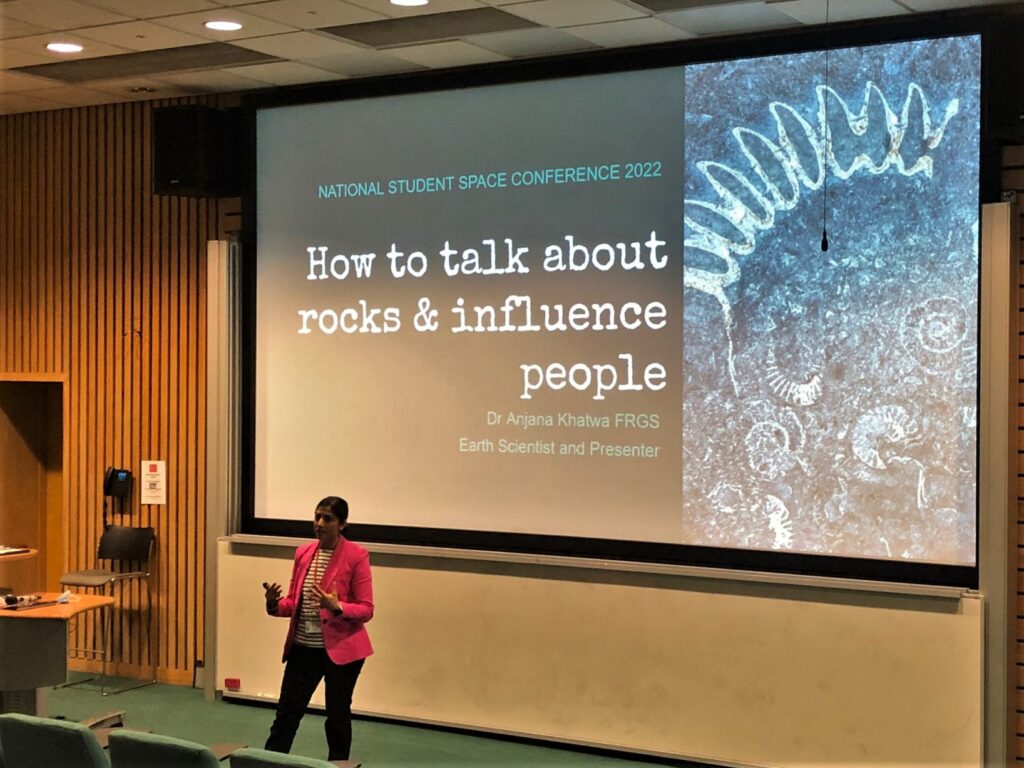

Proud corporate partners with
